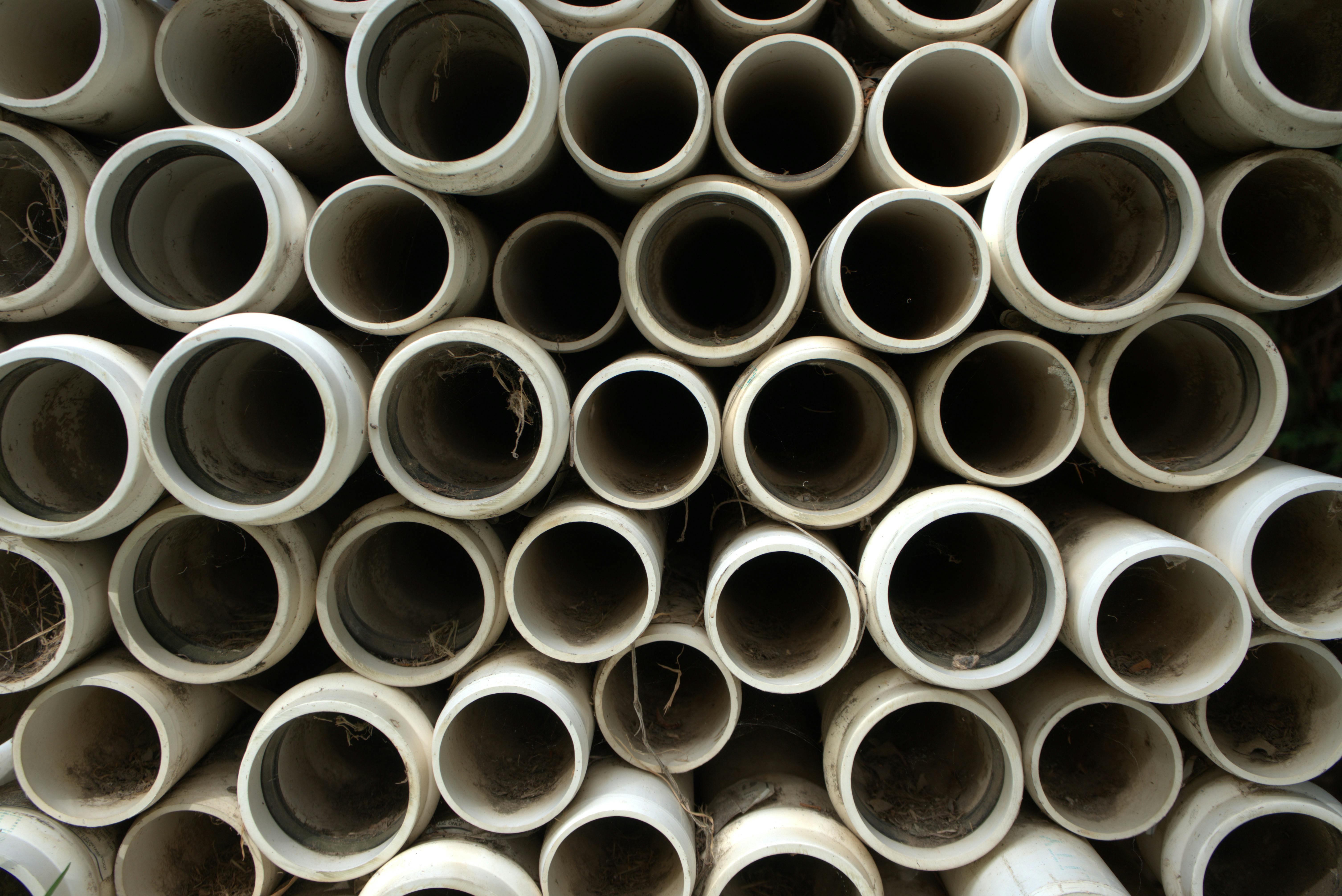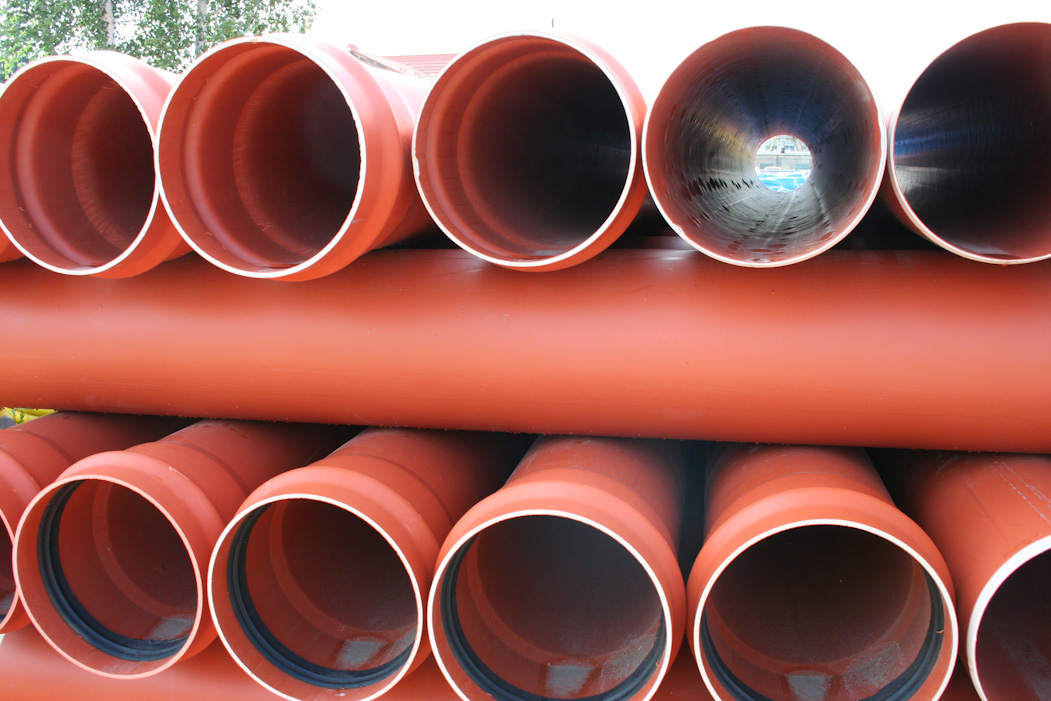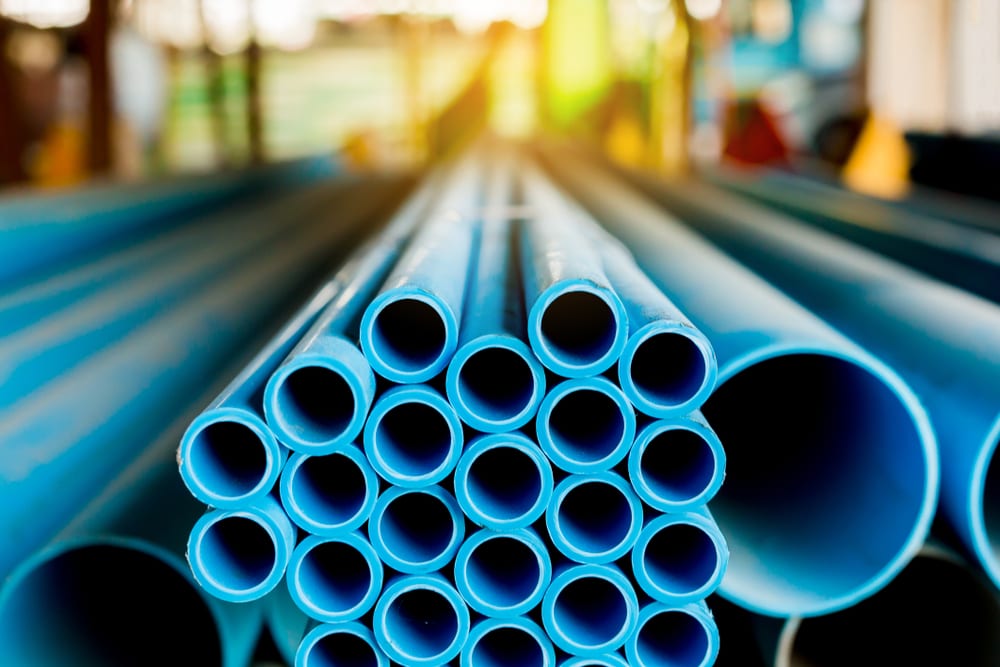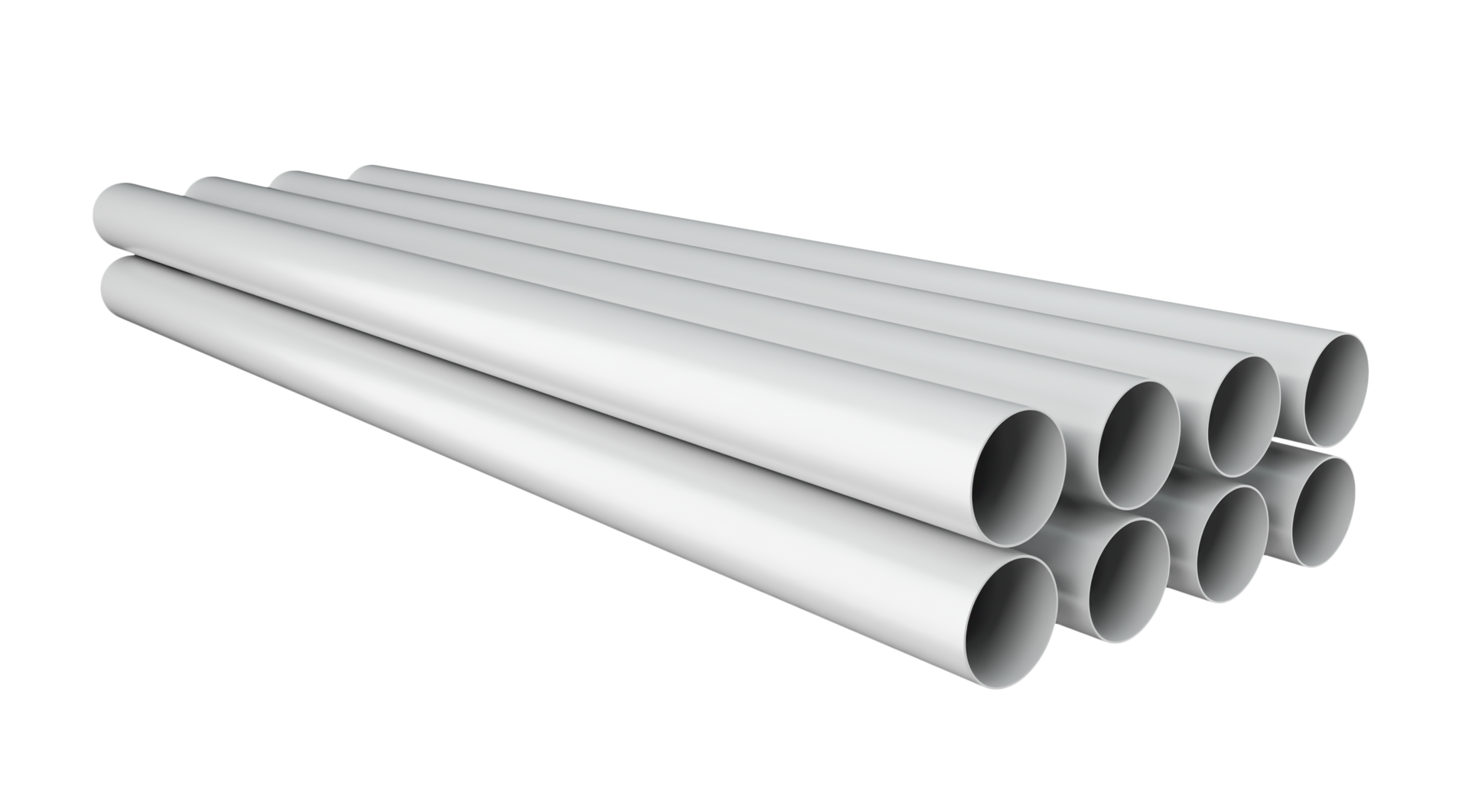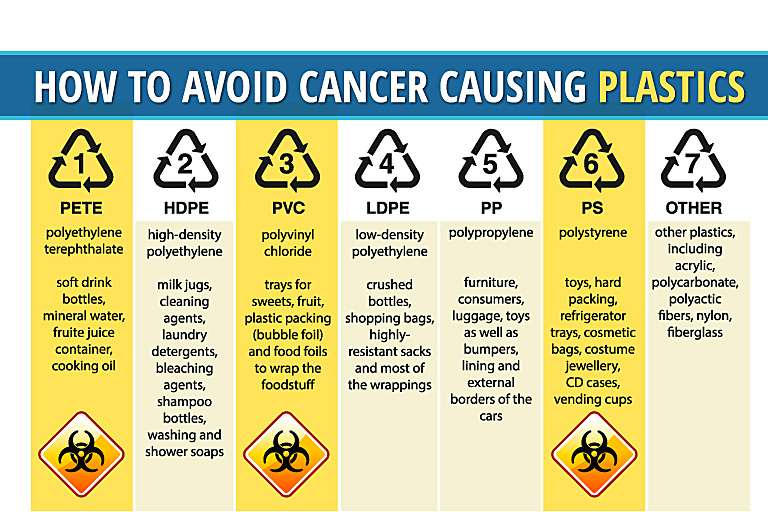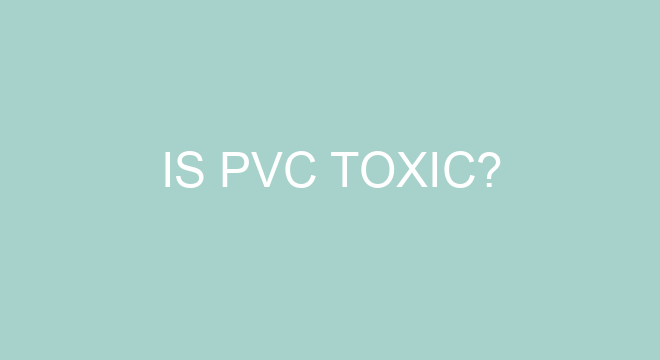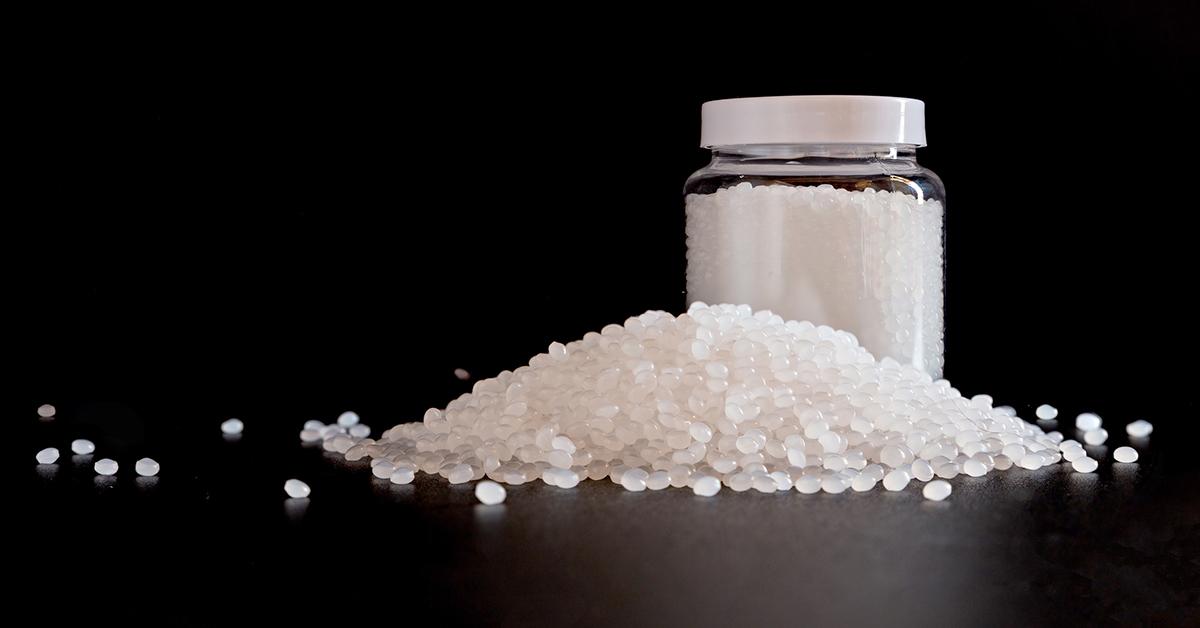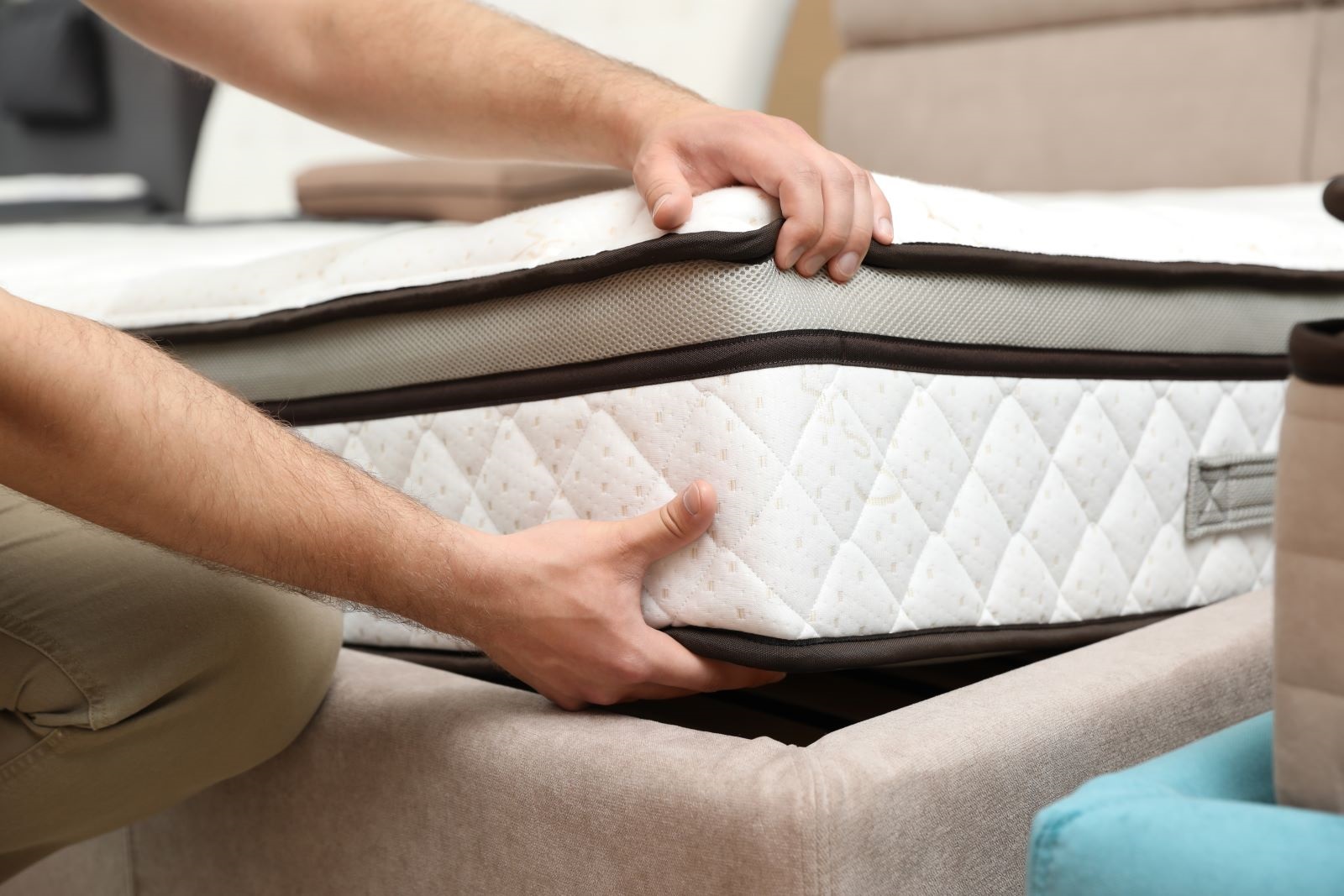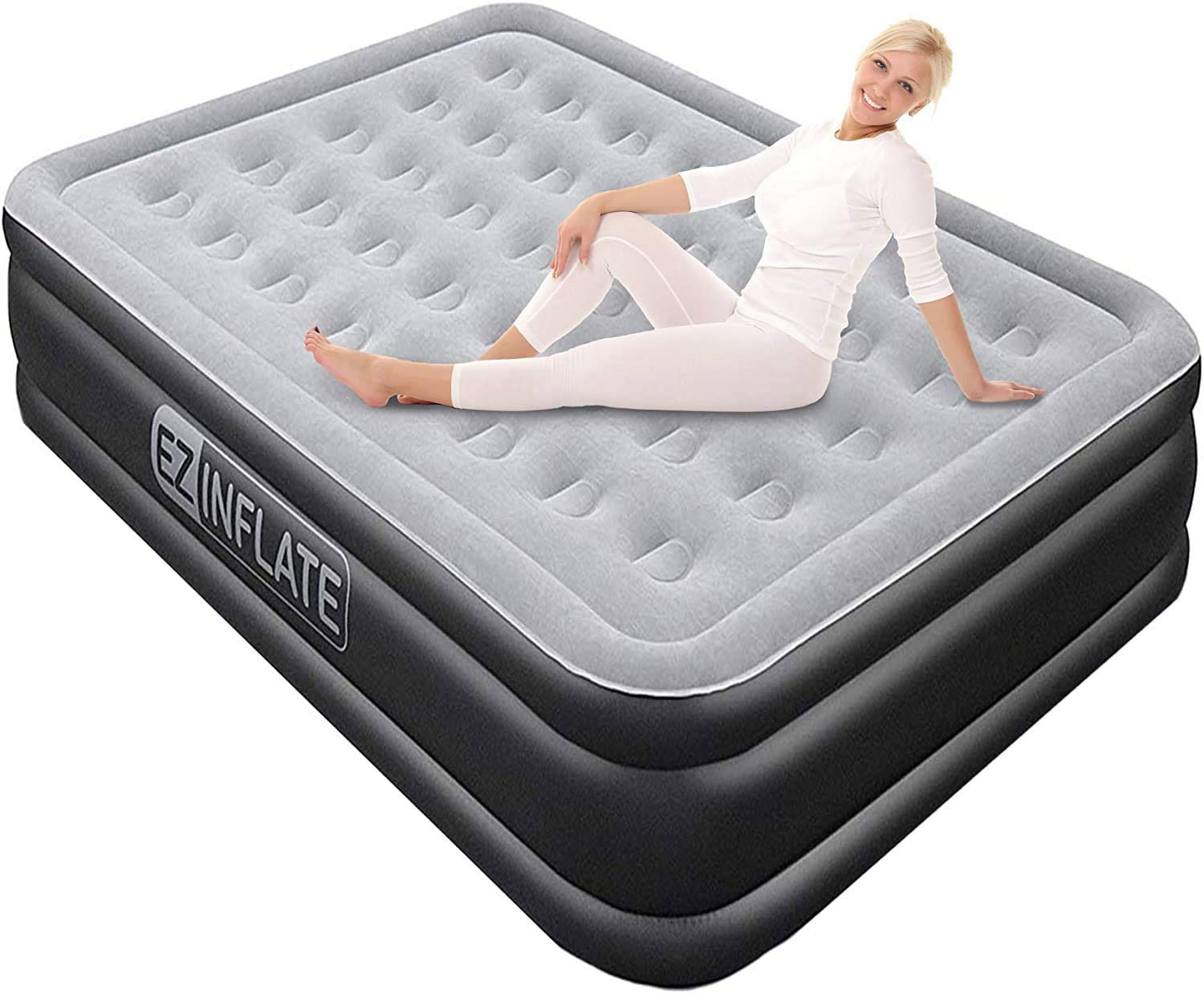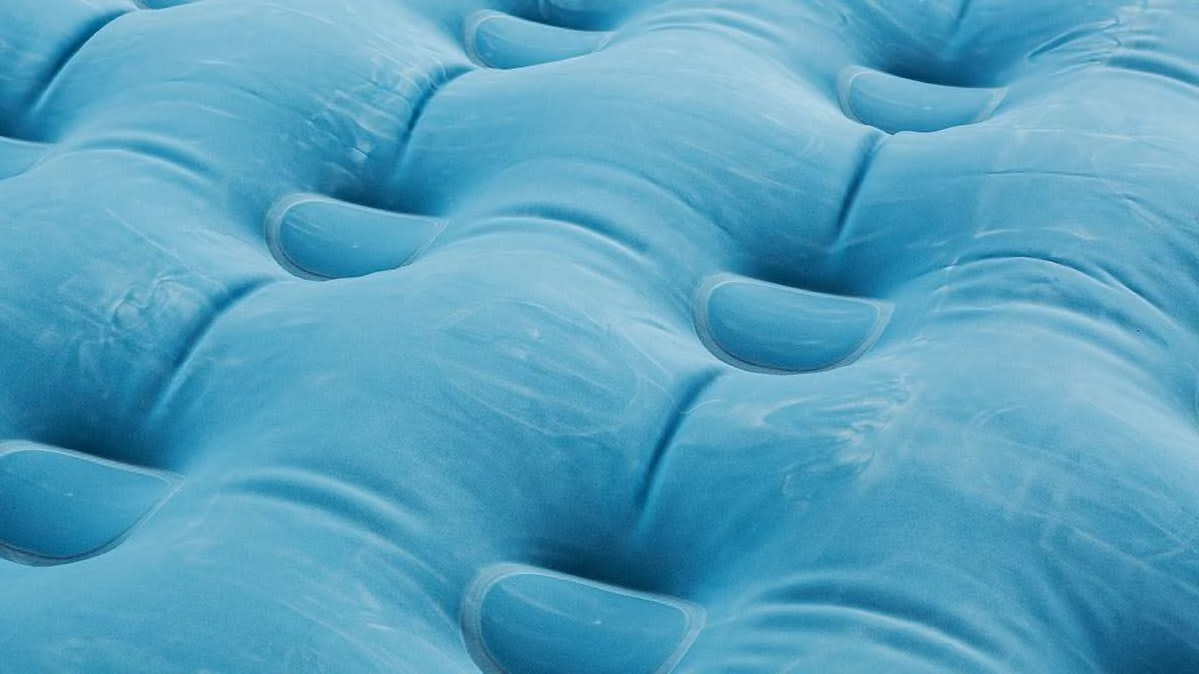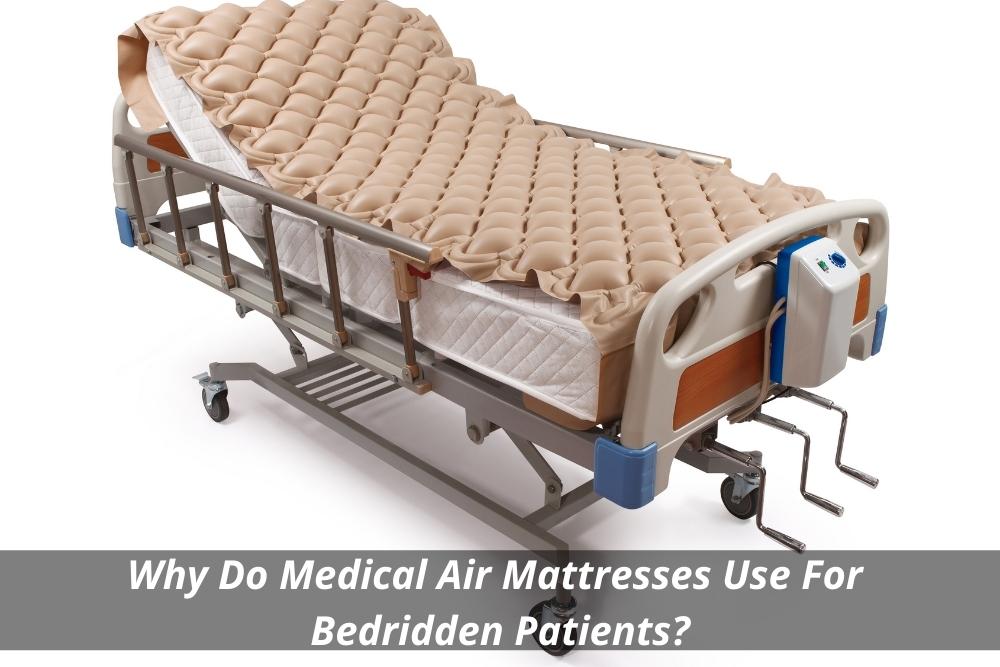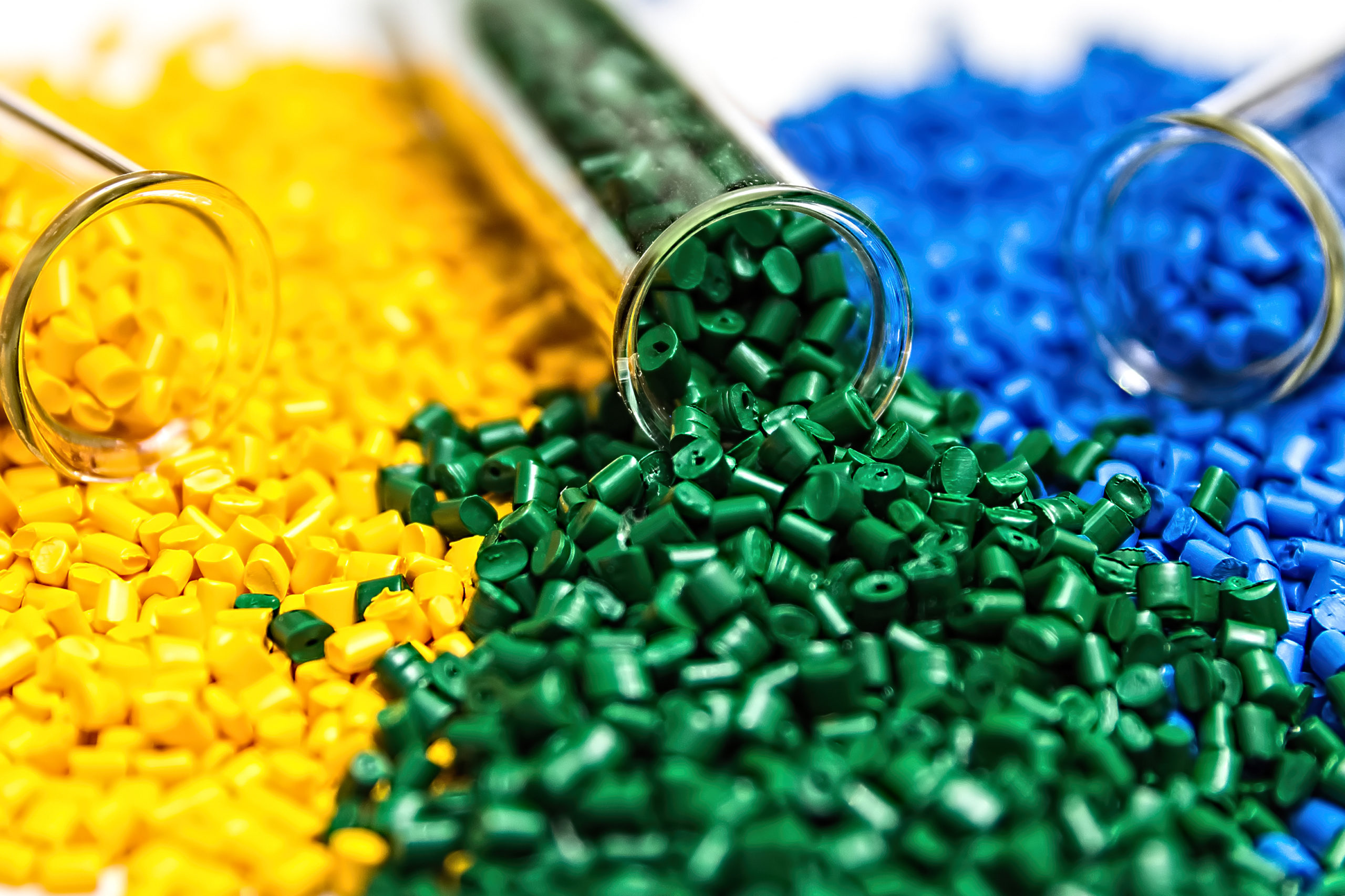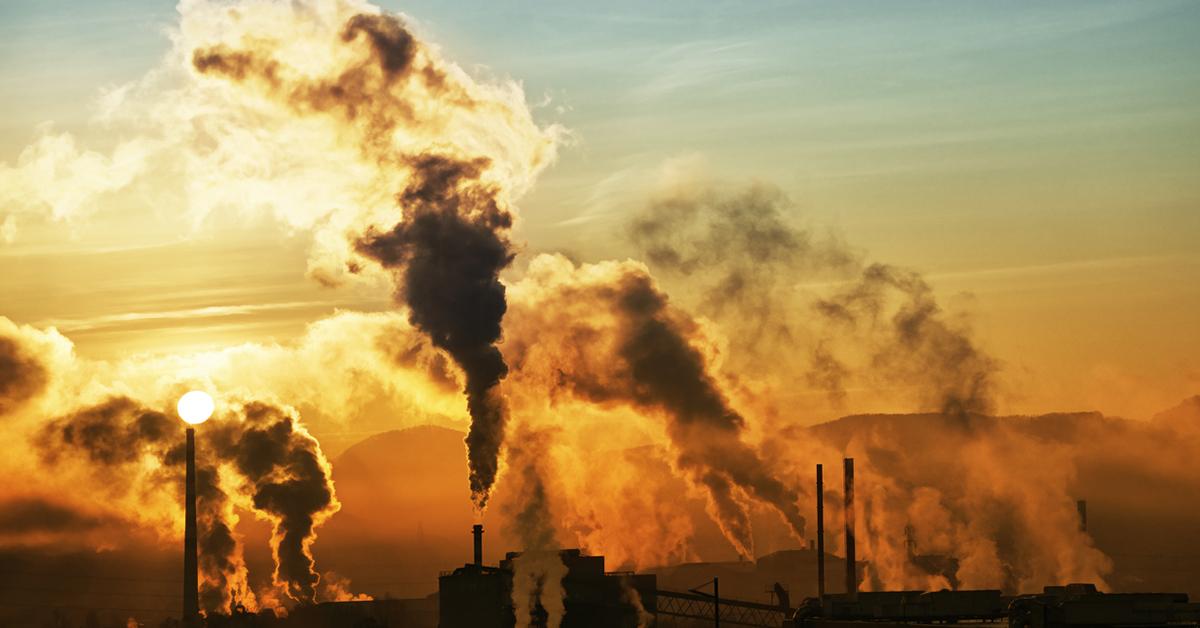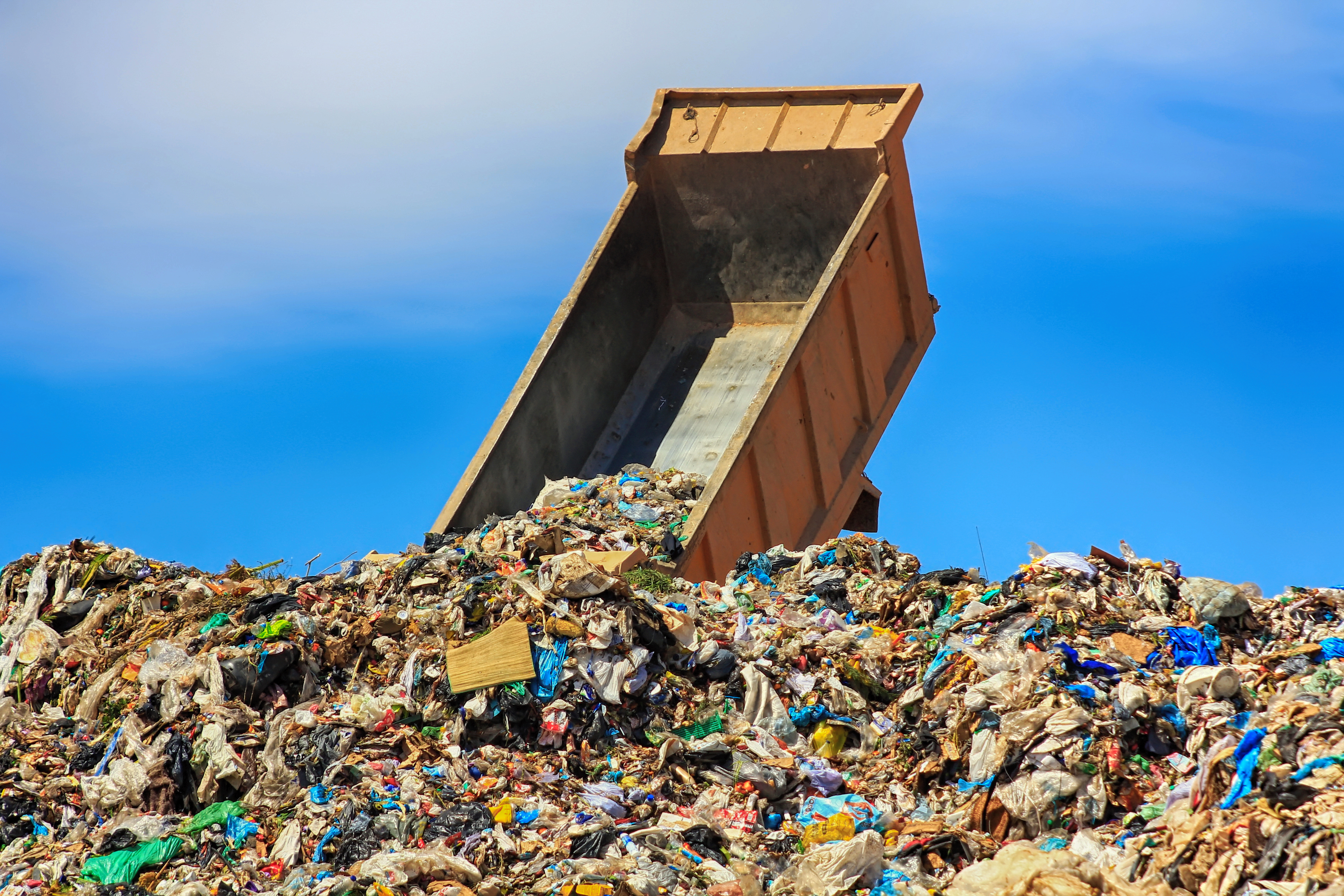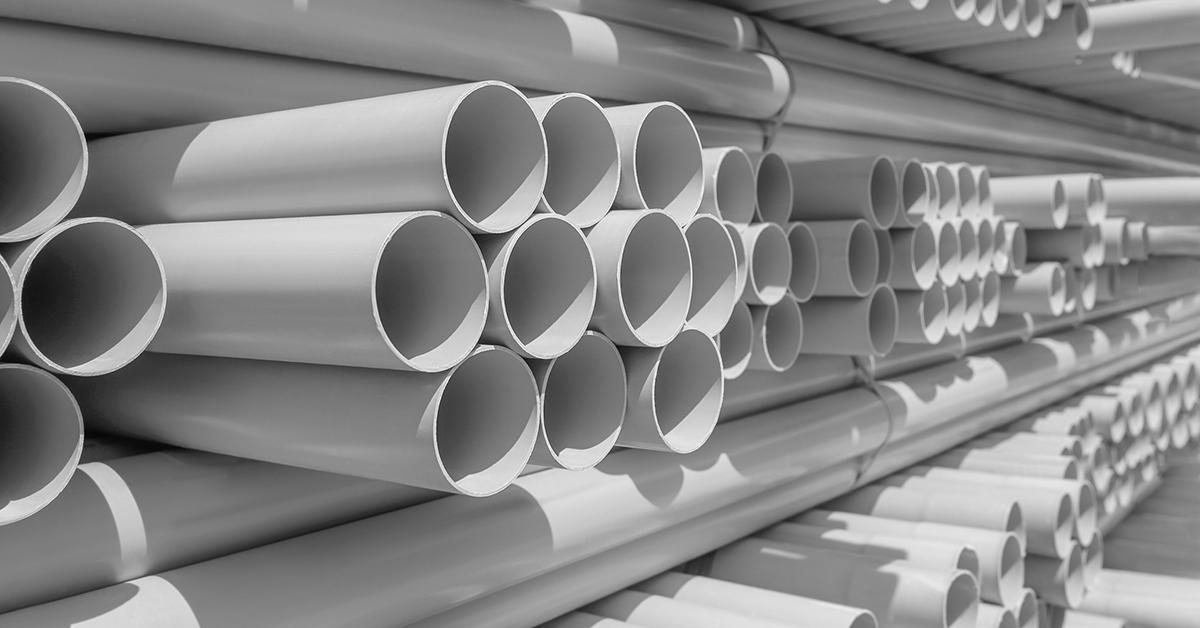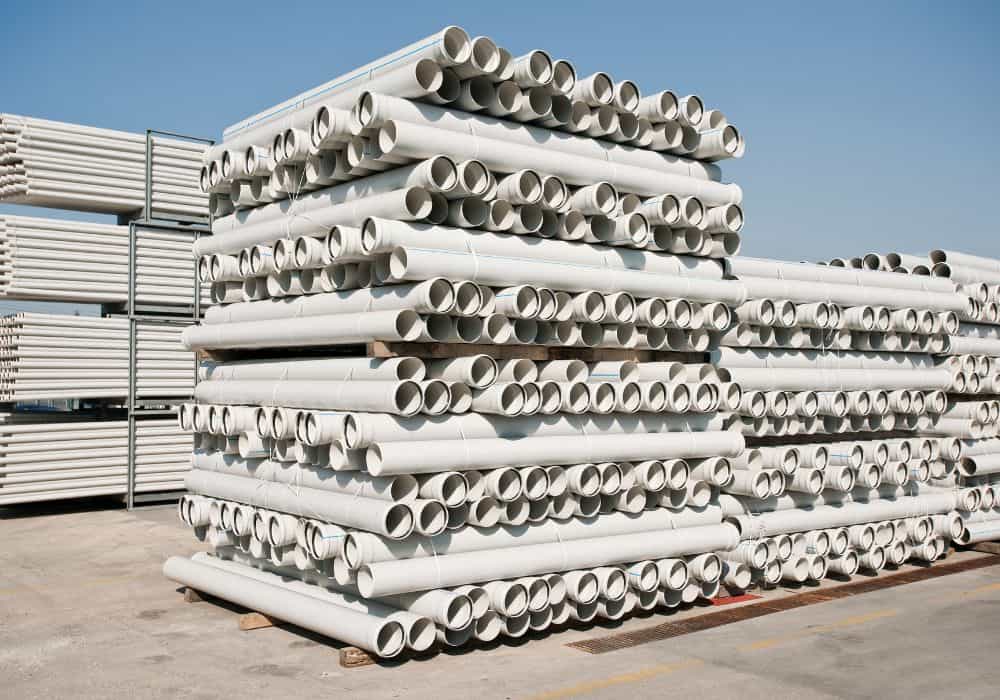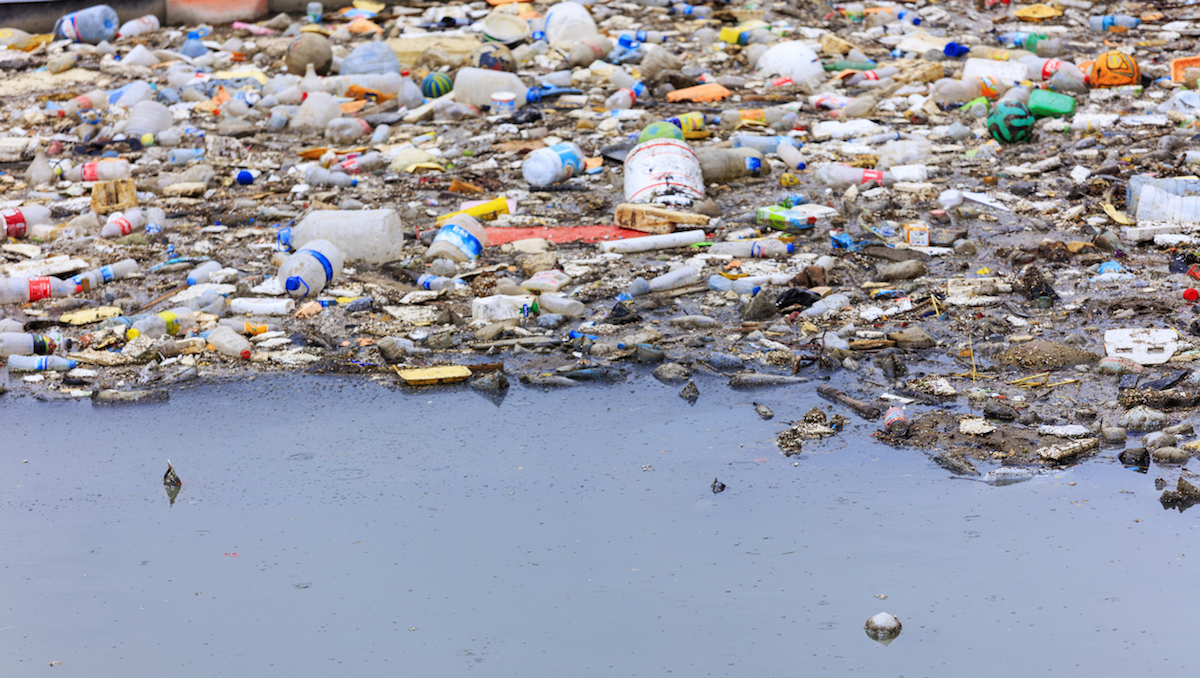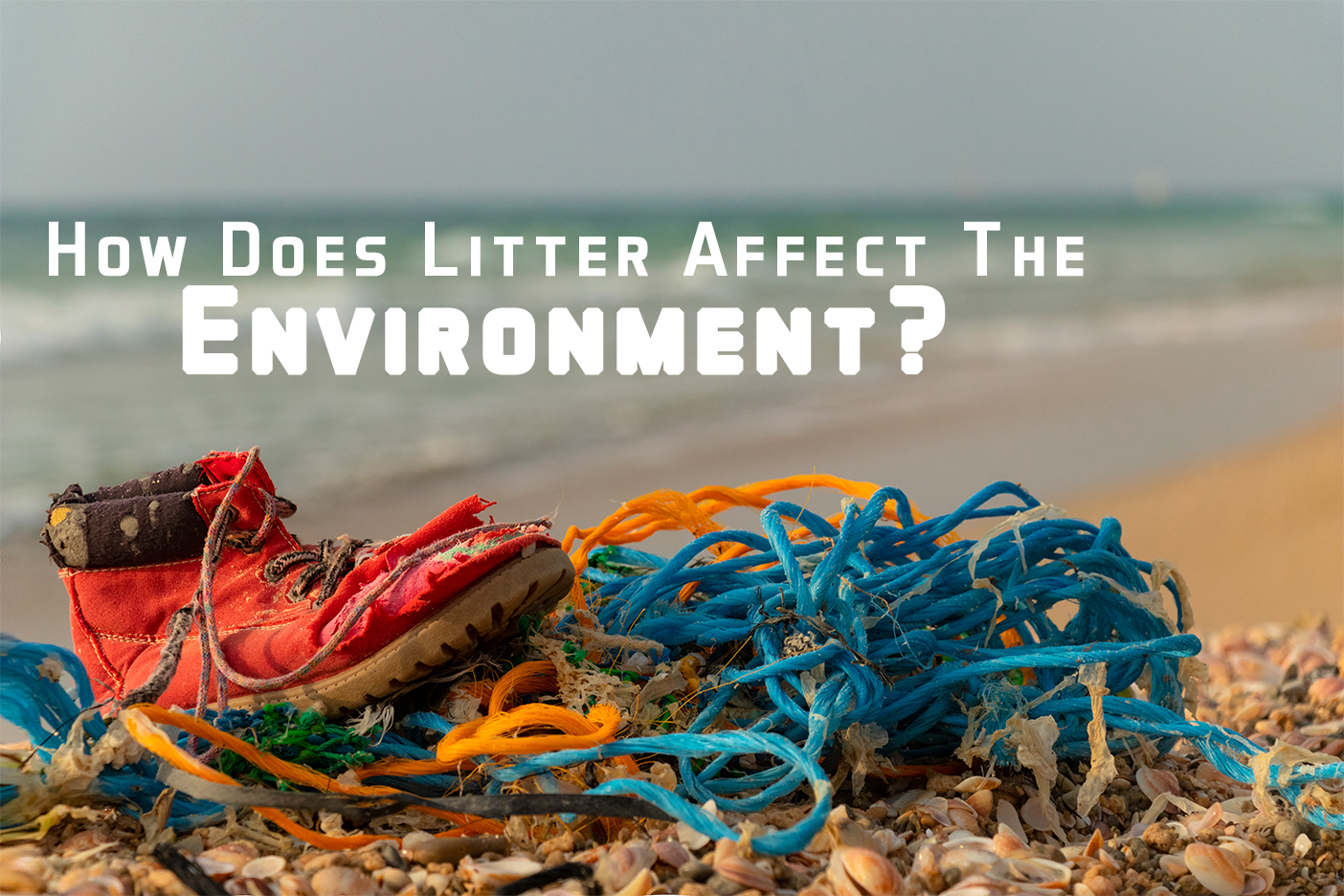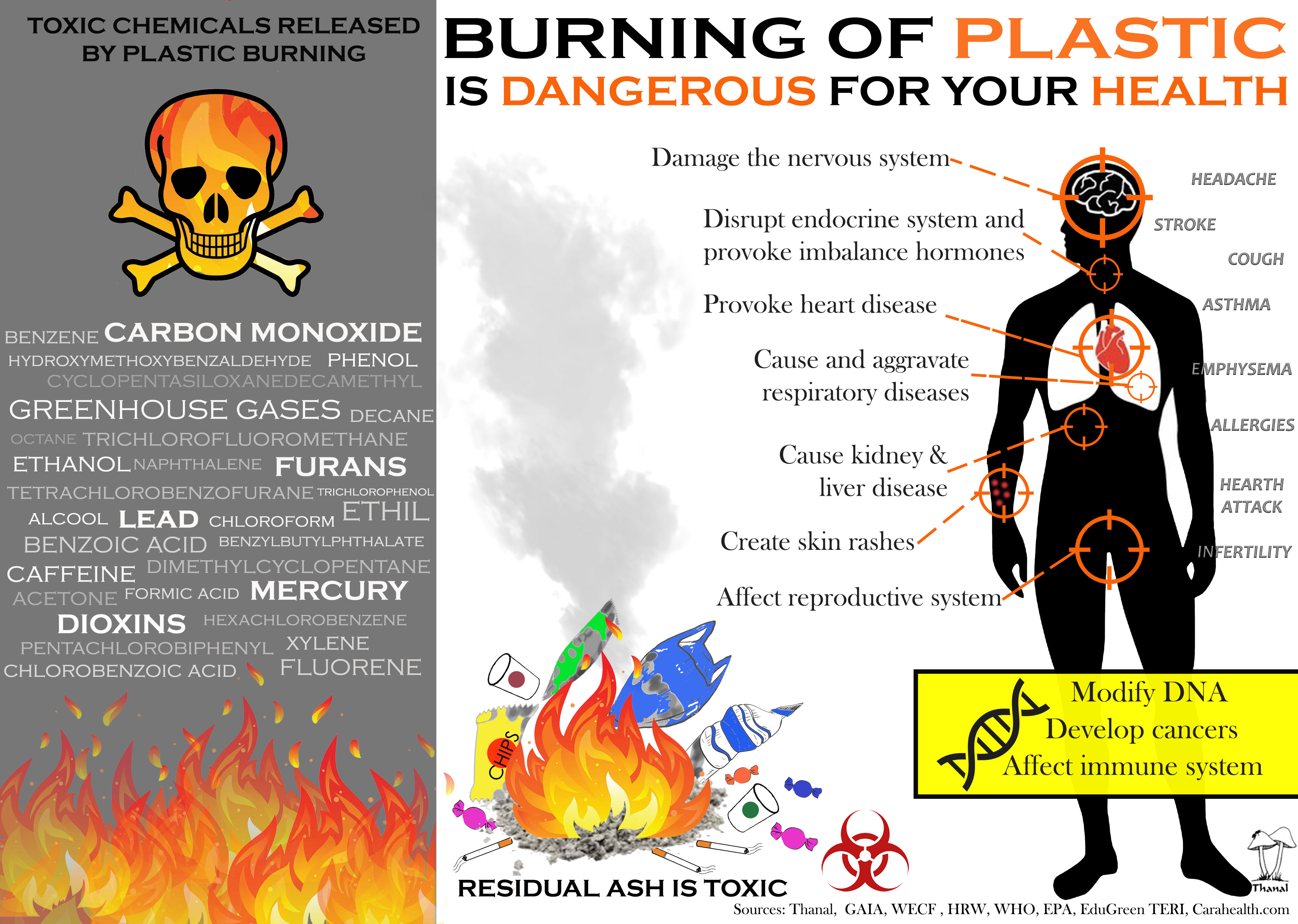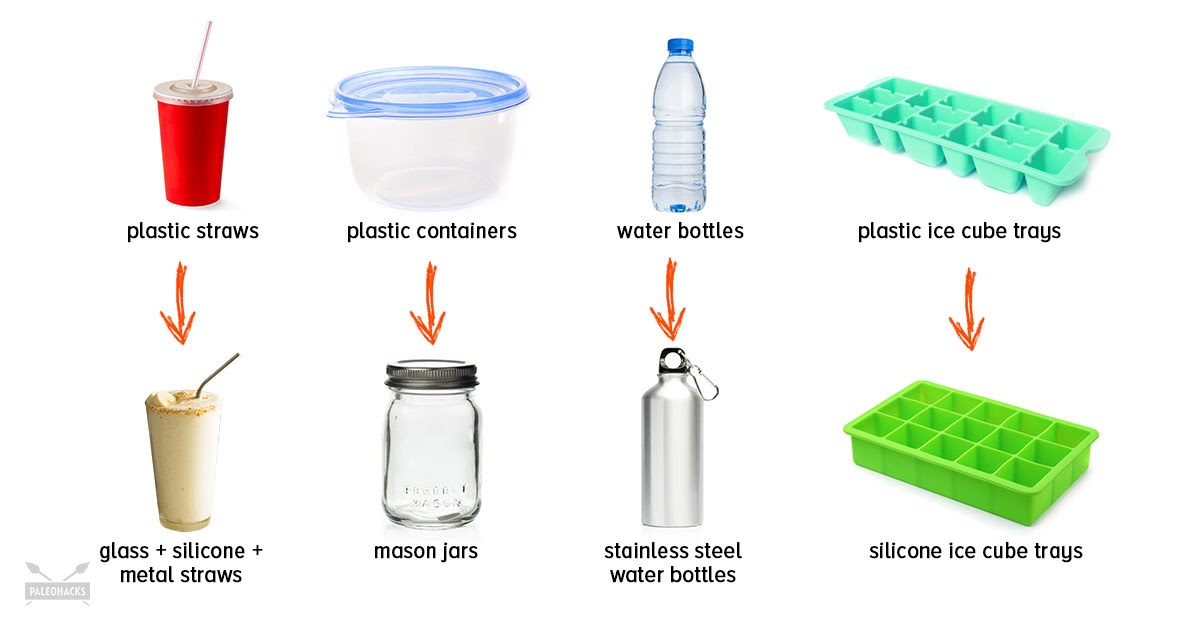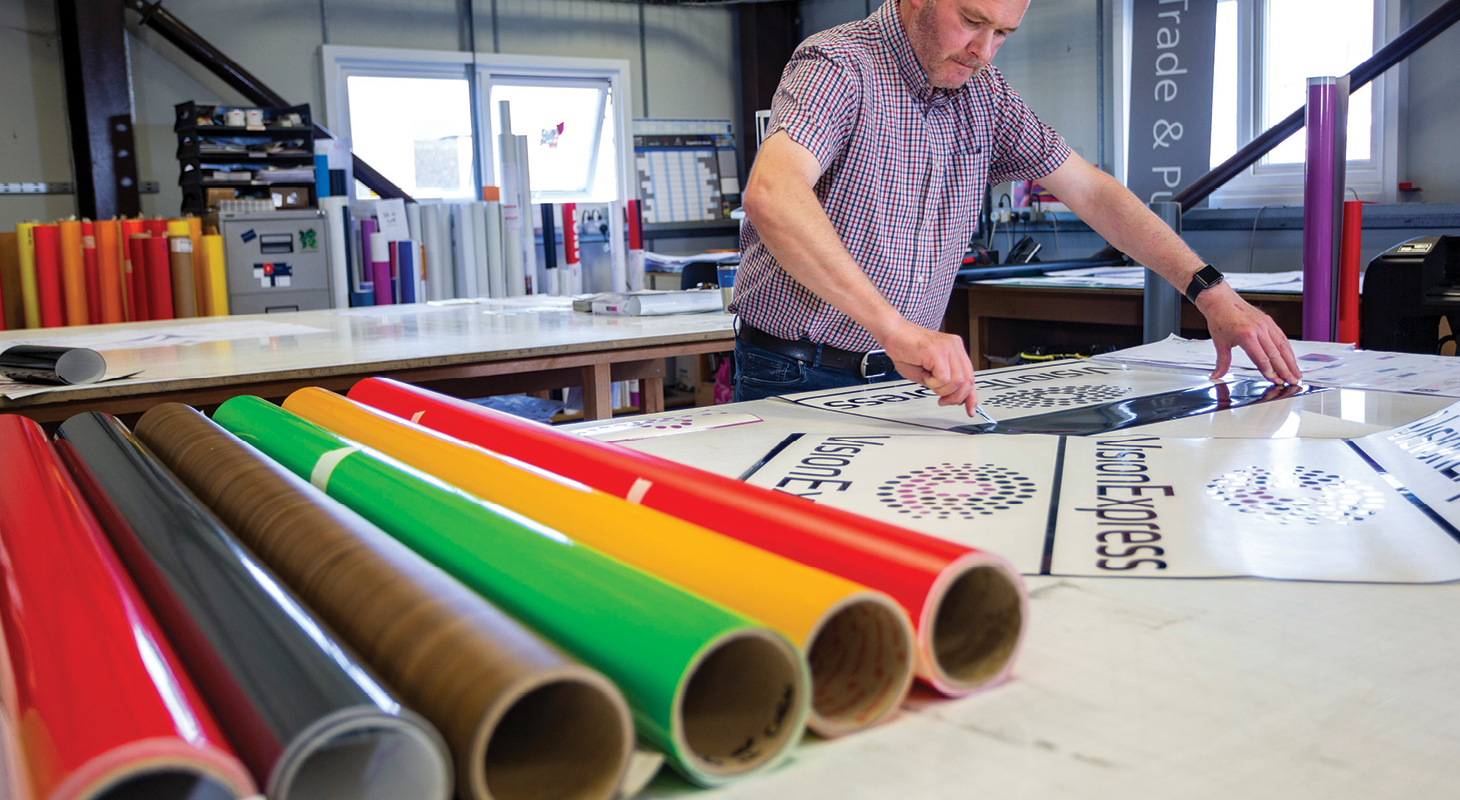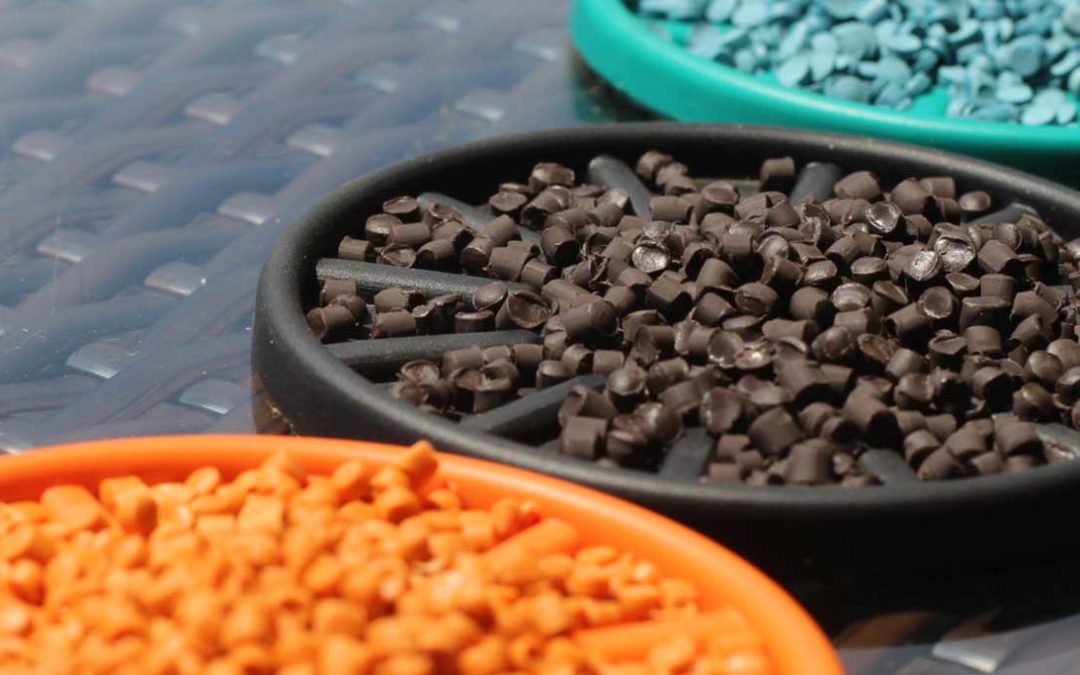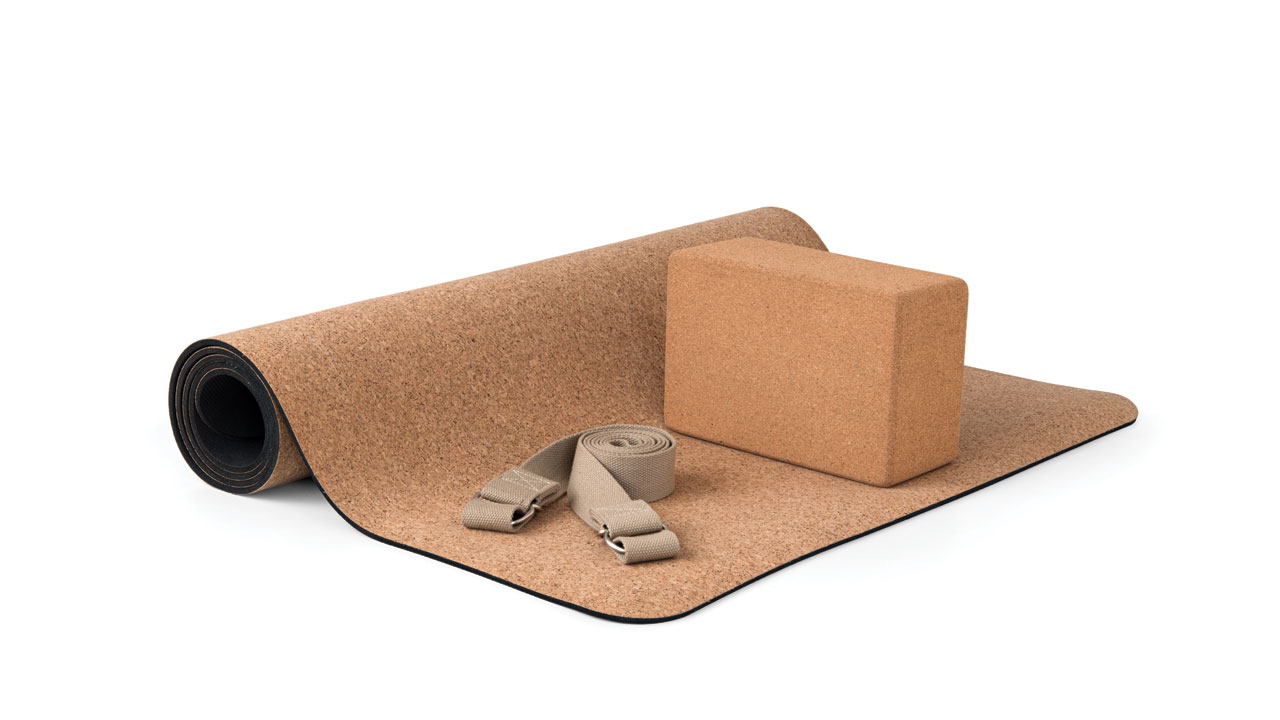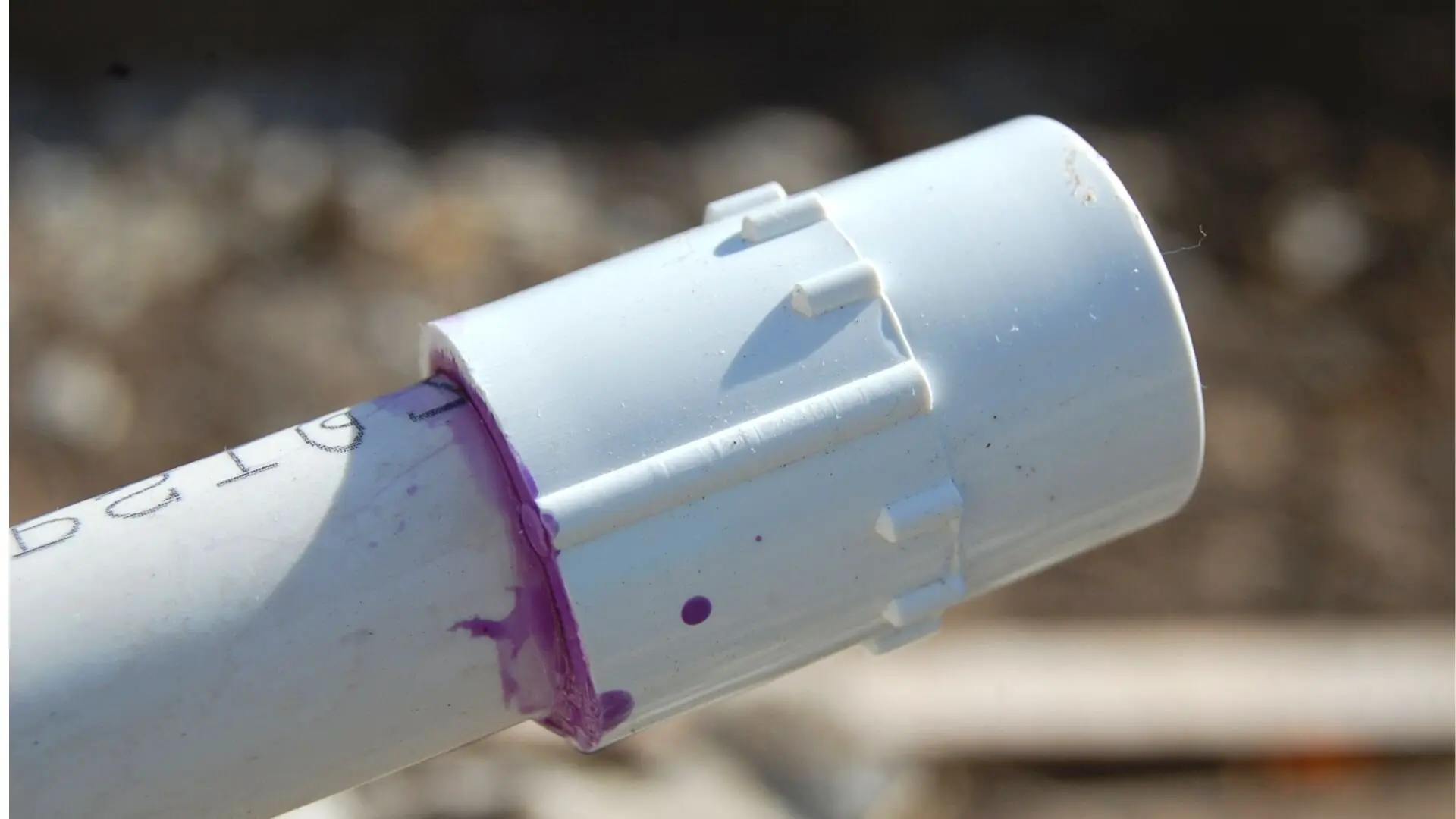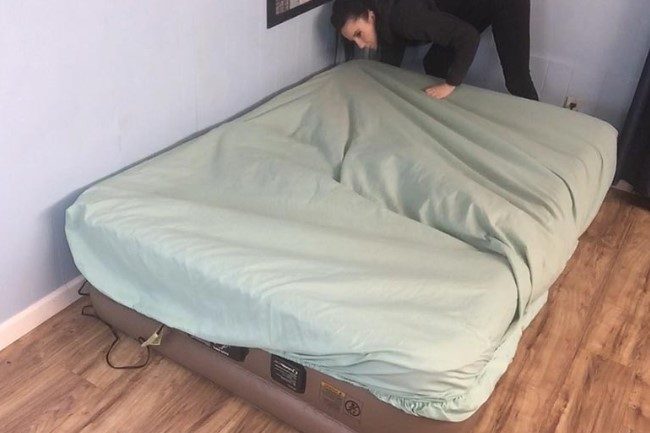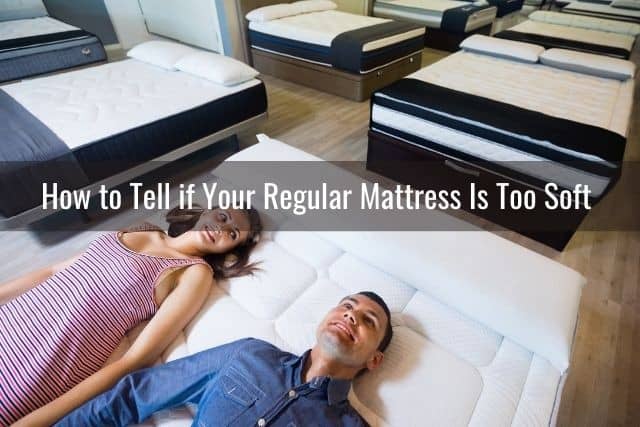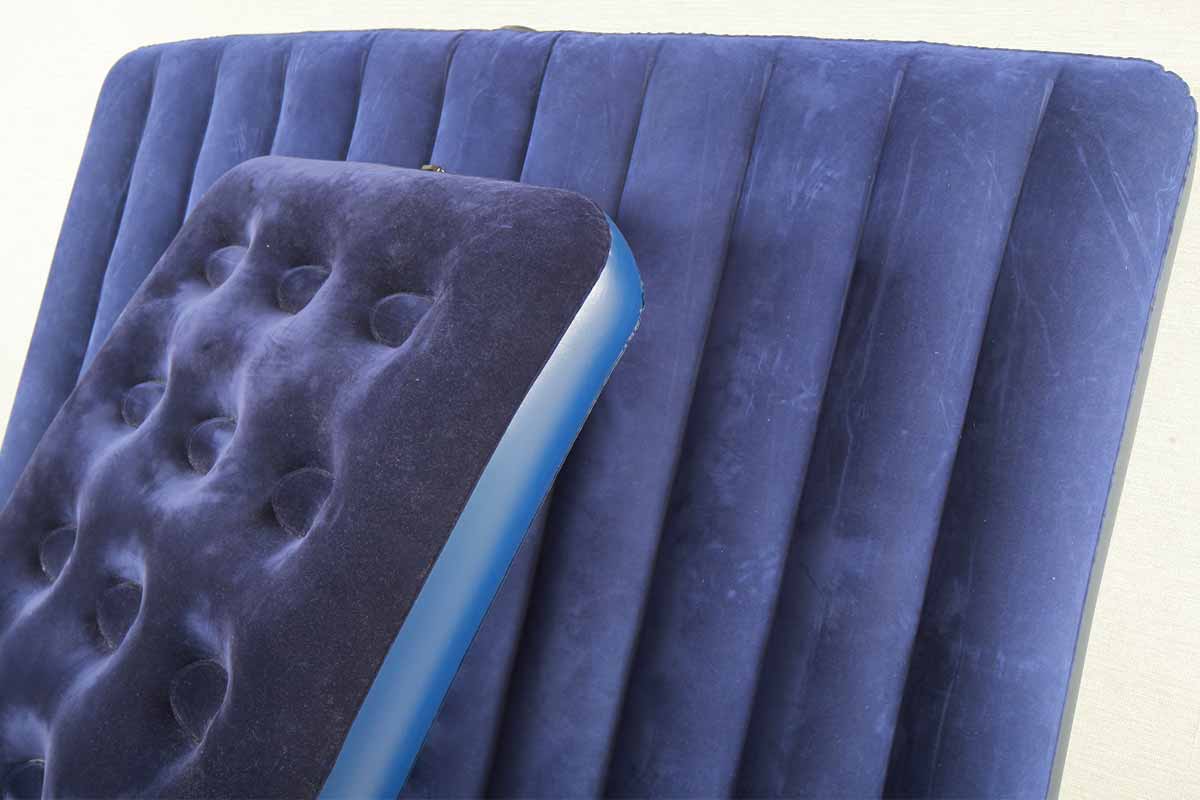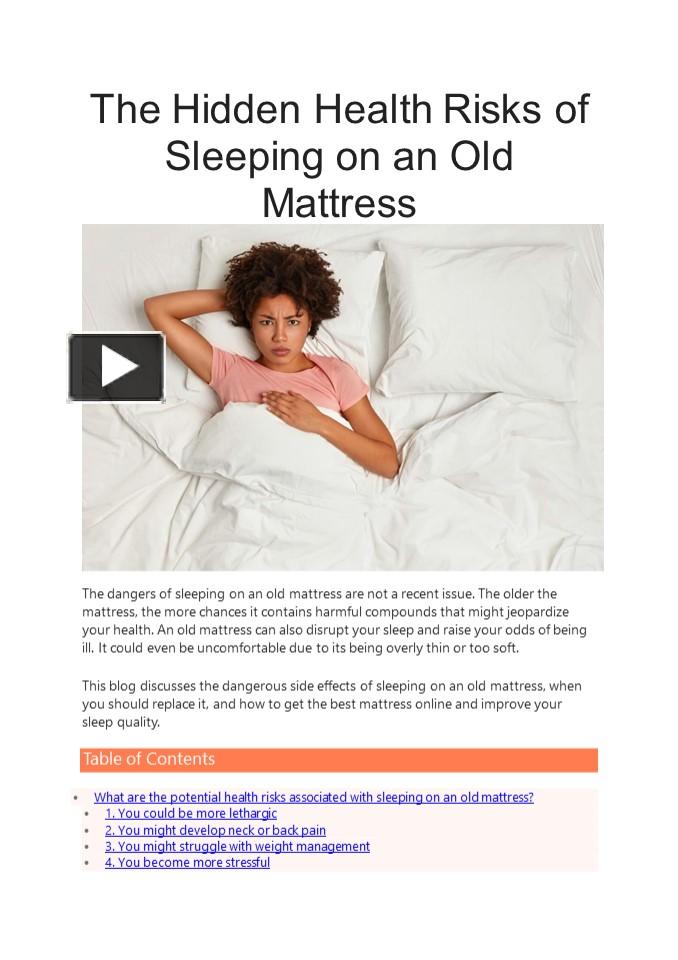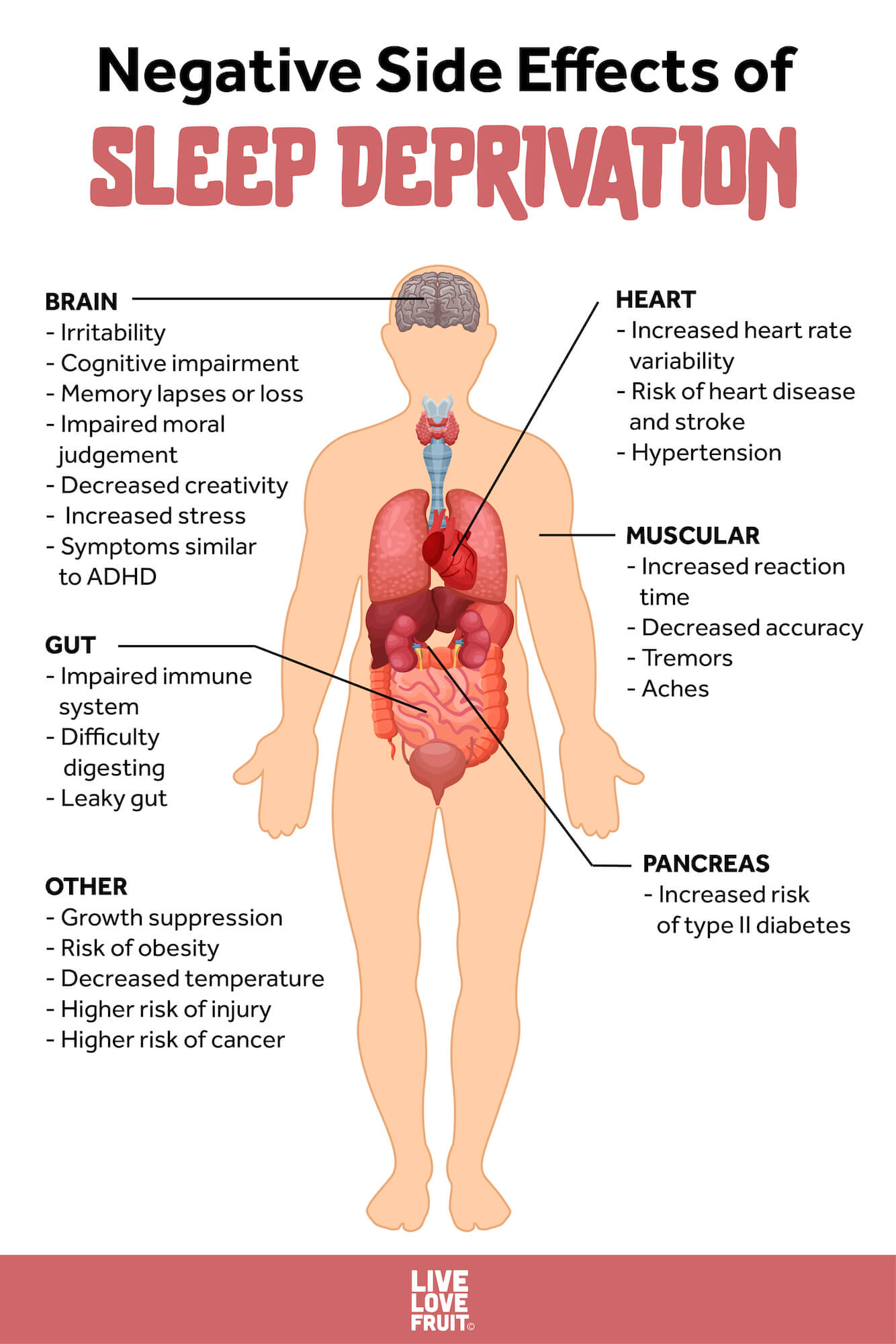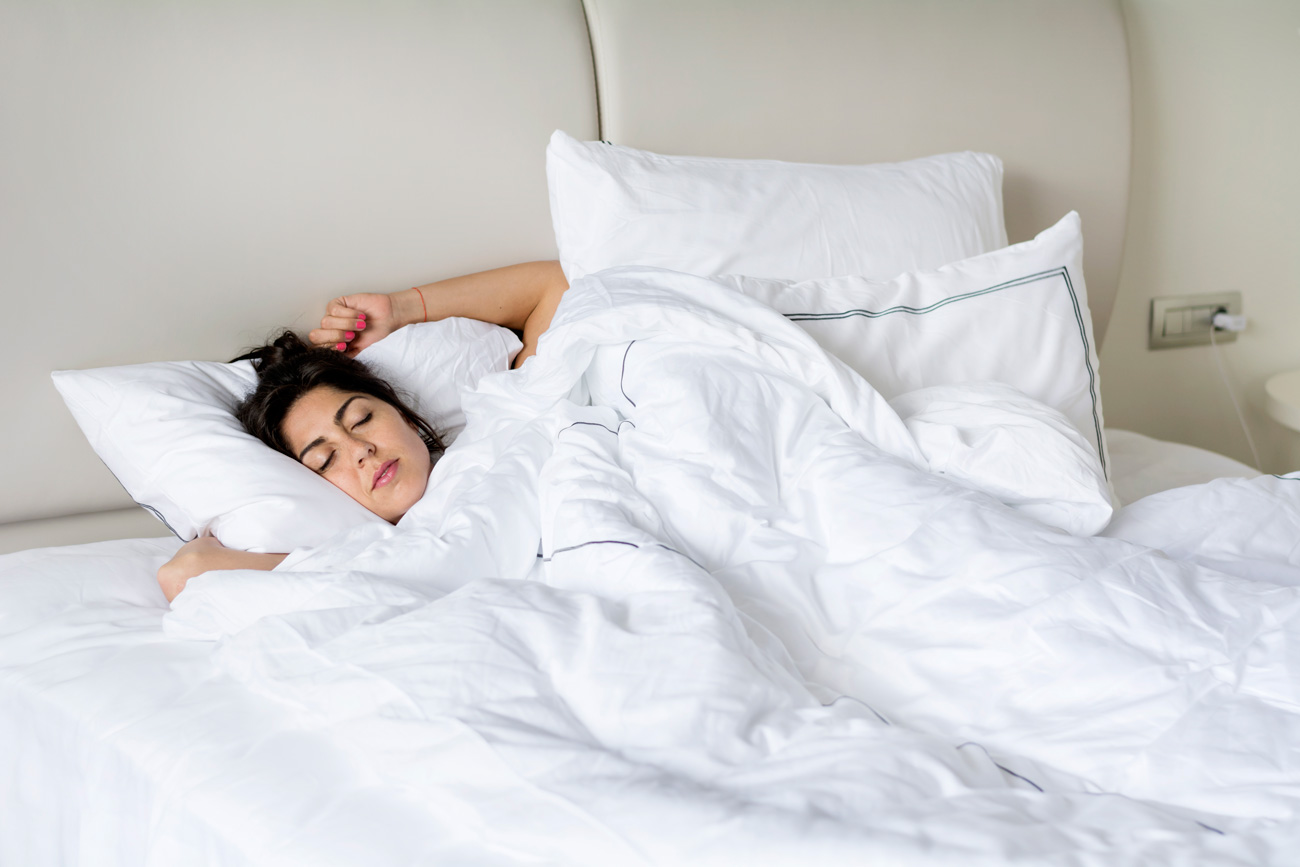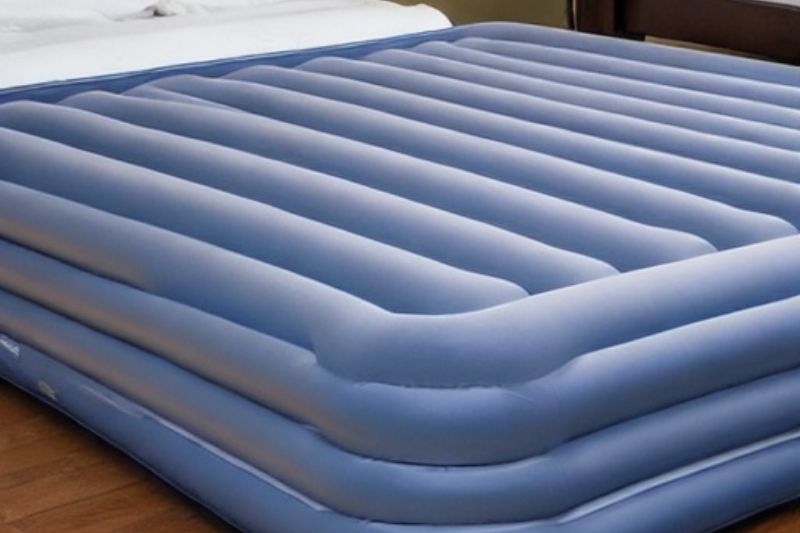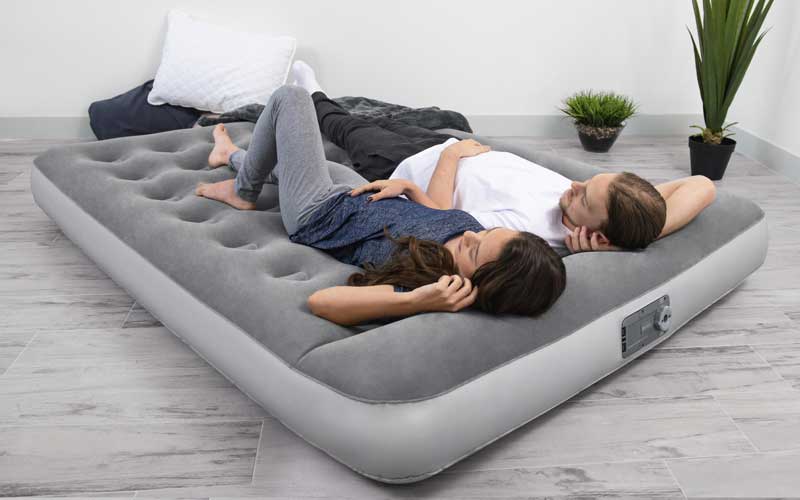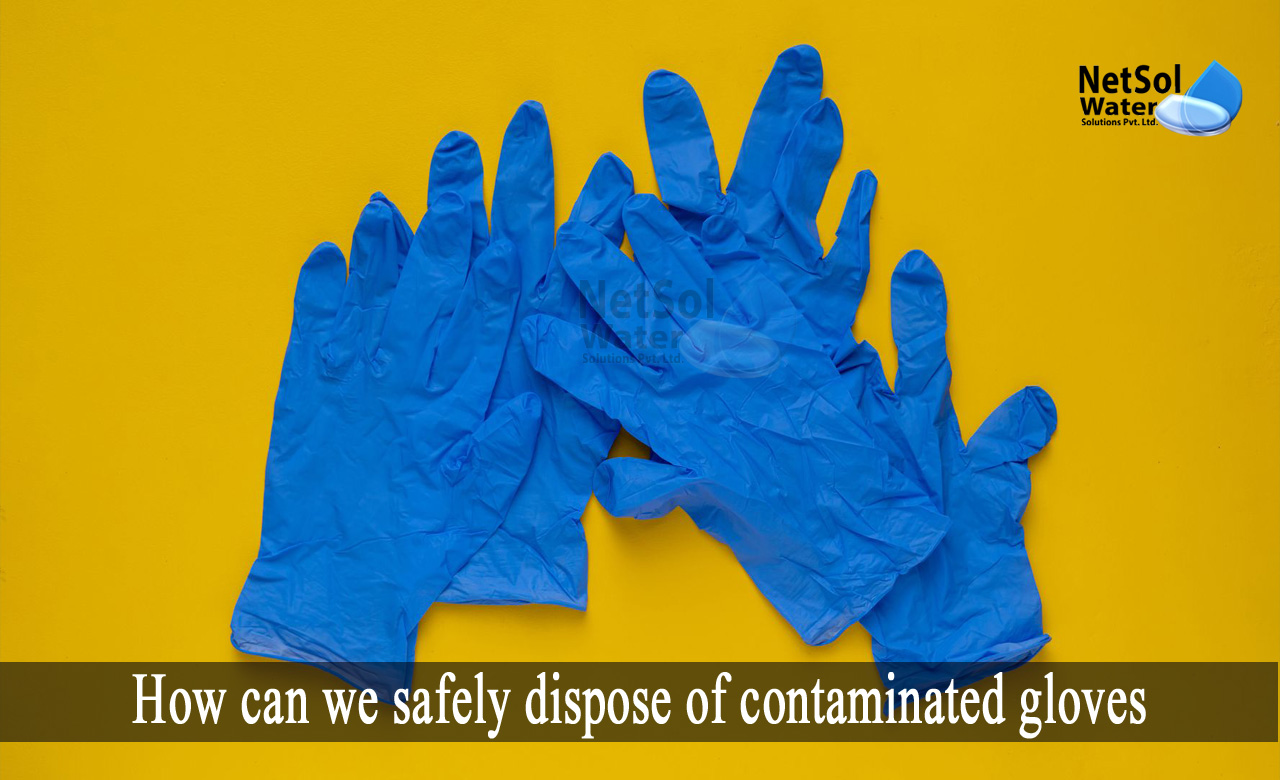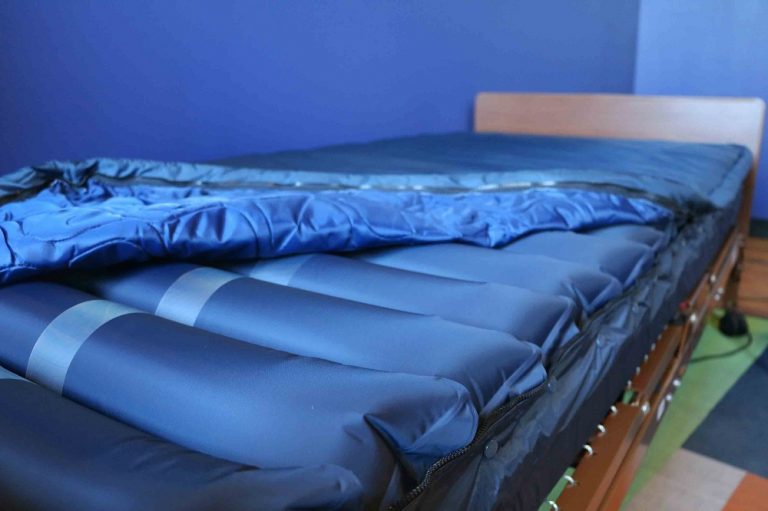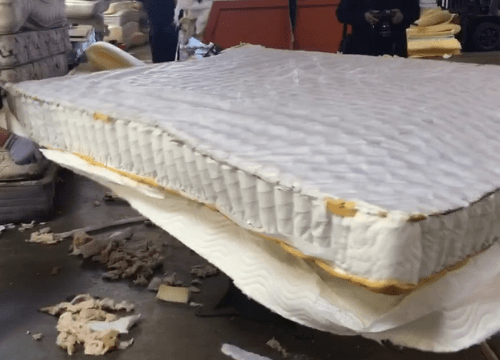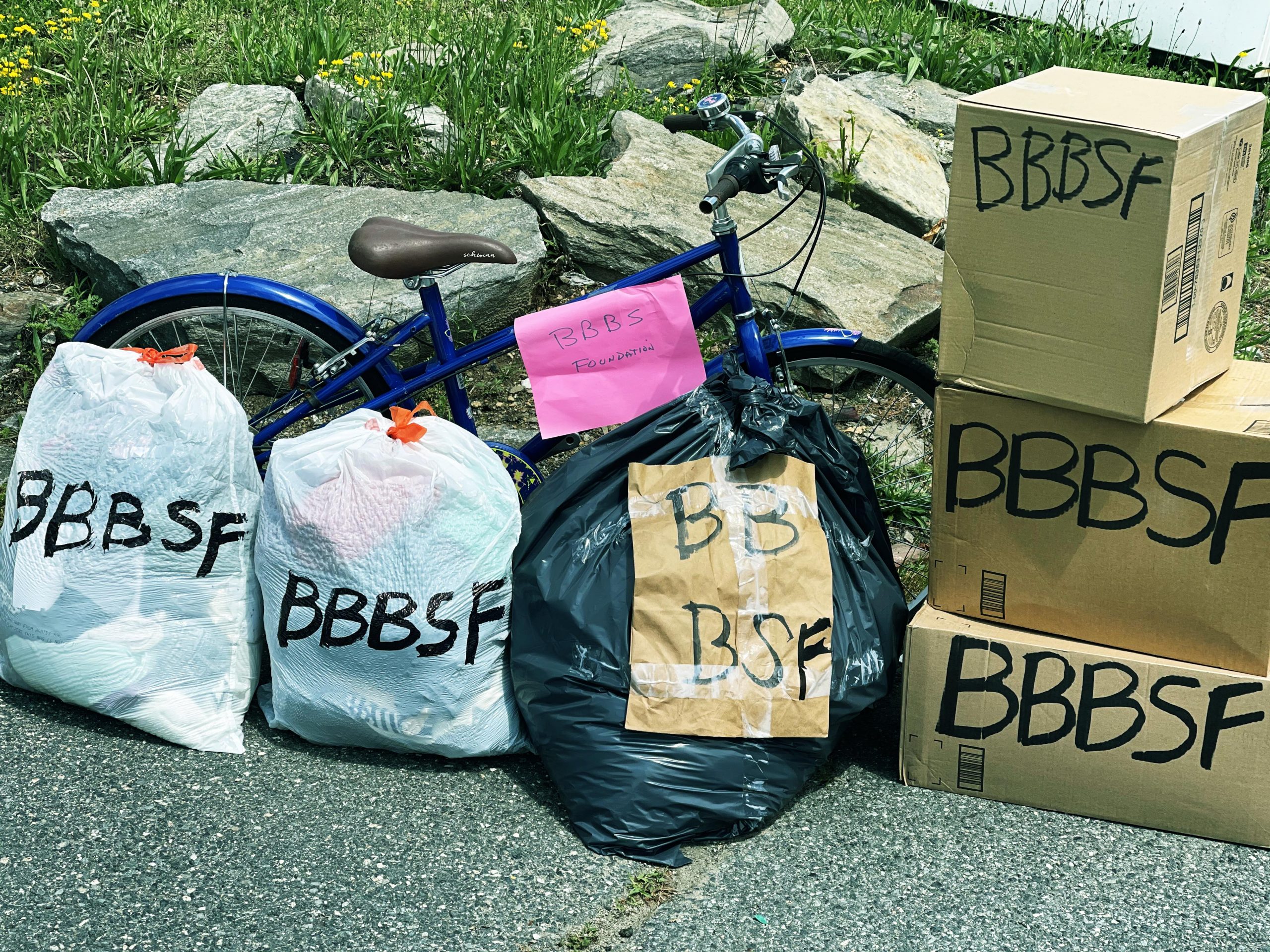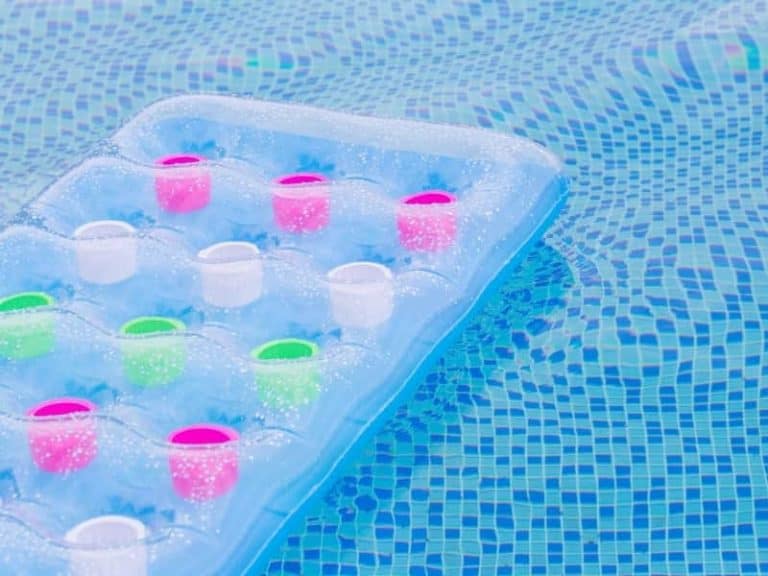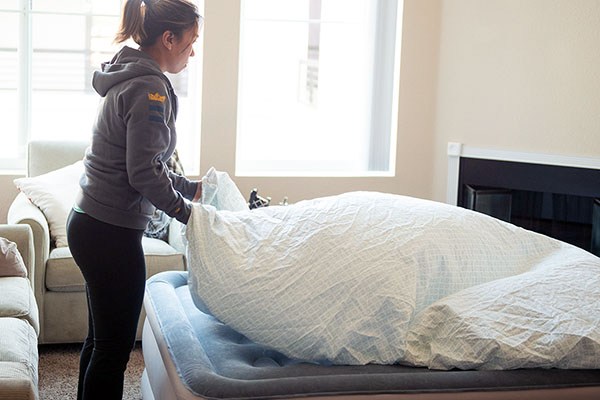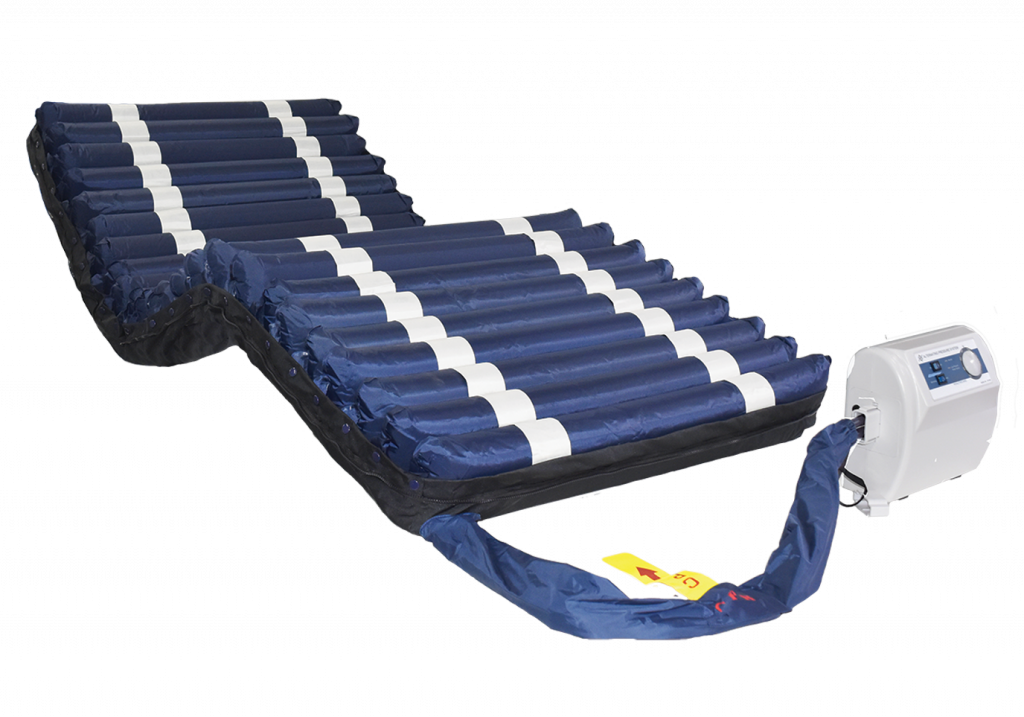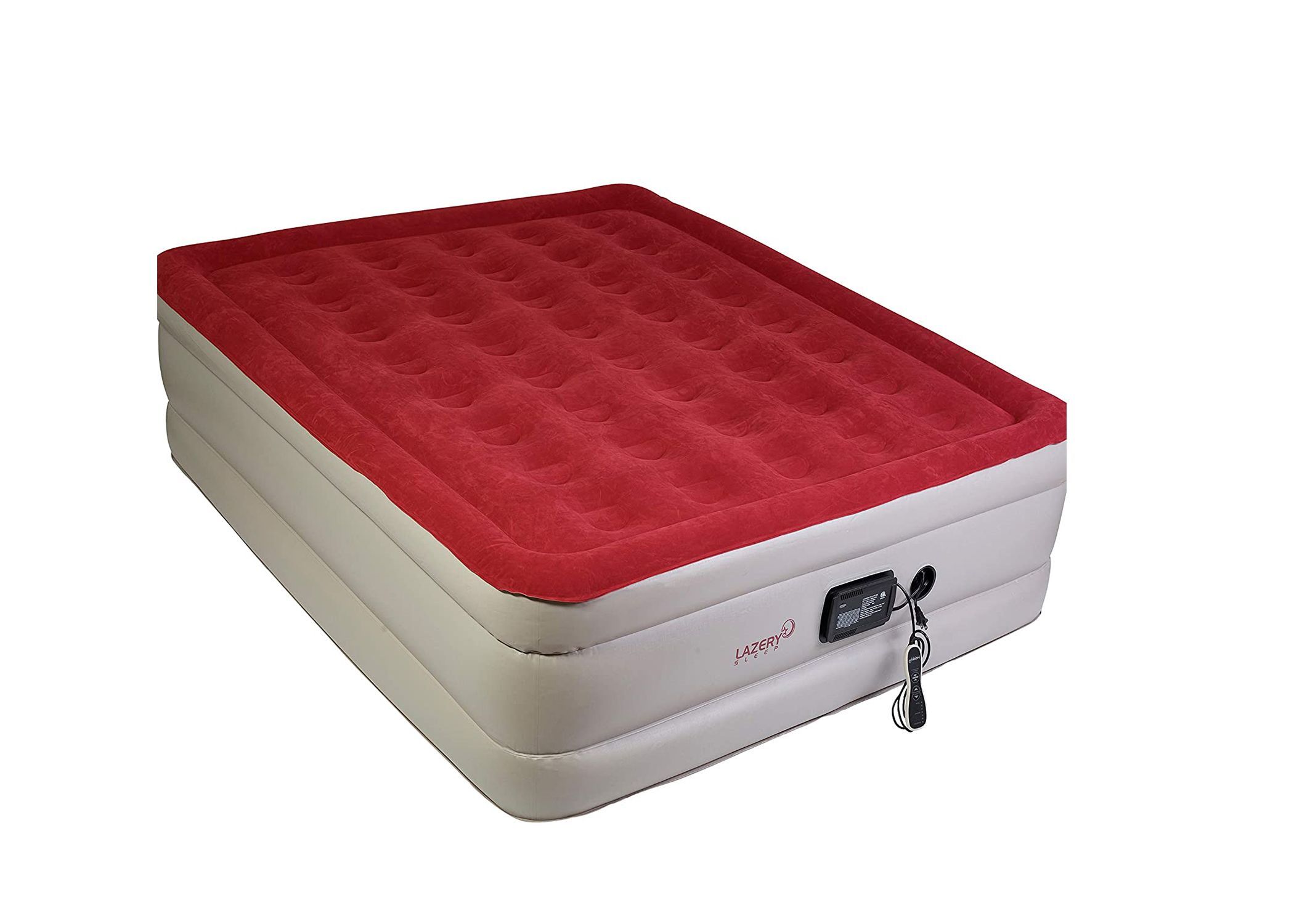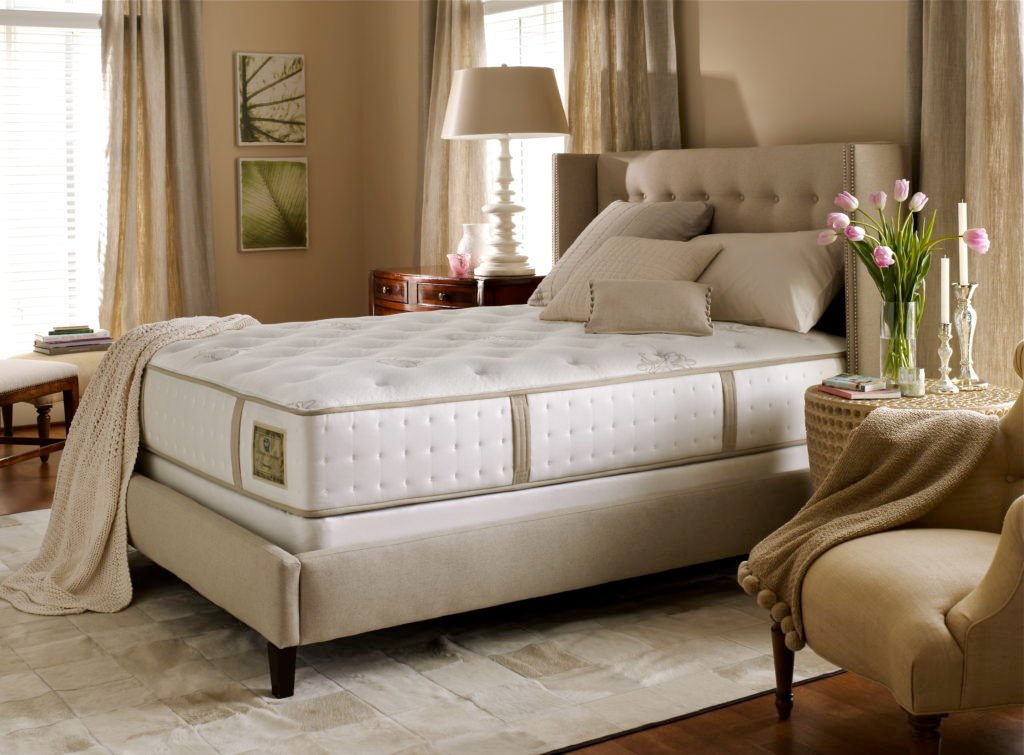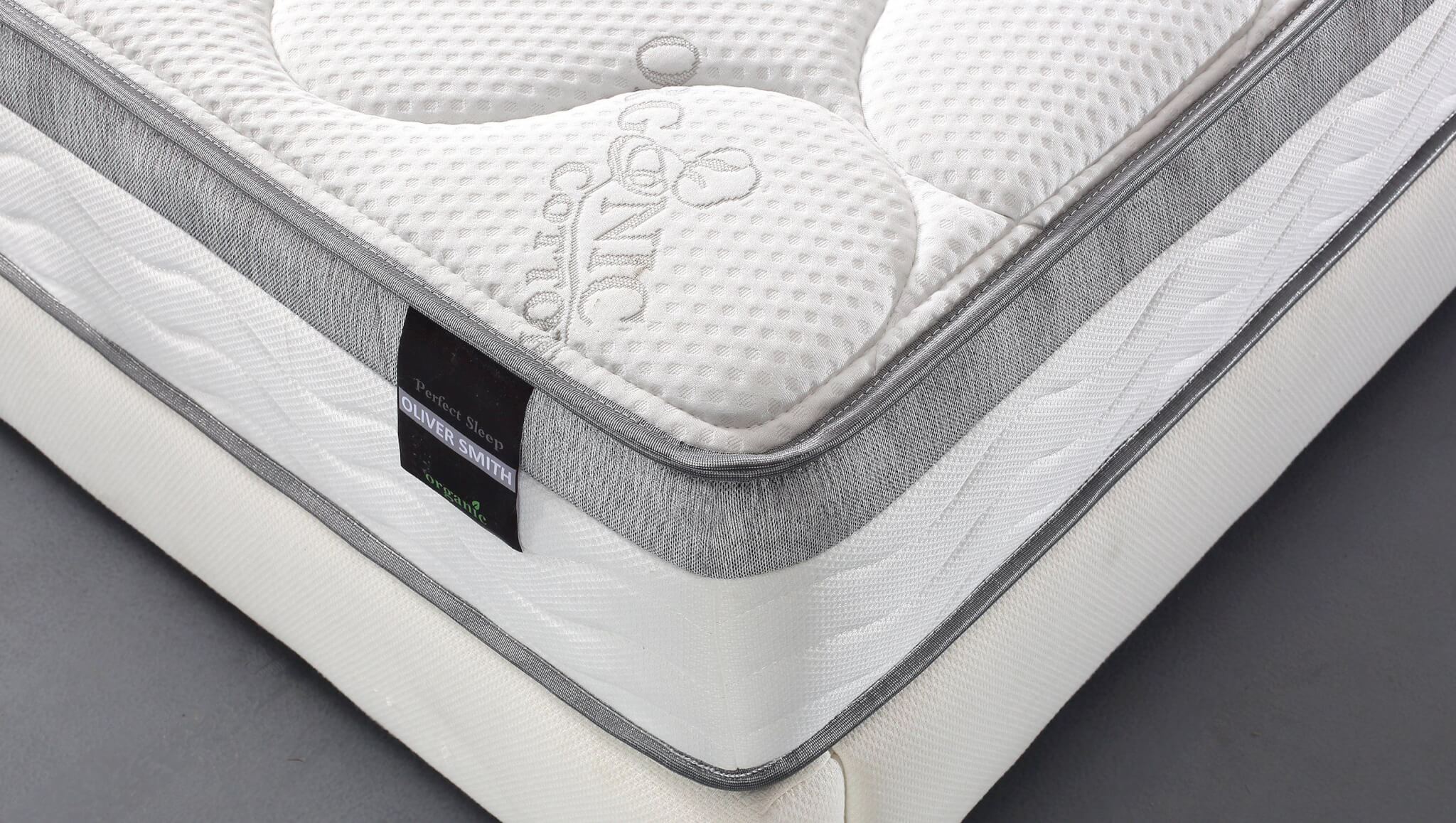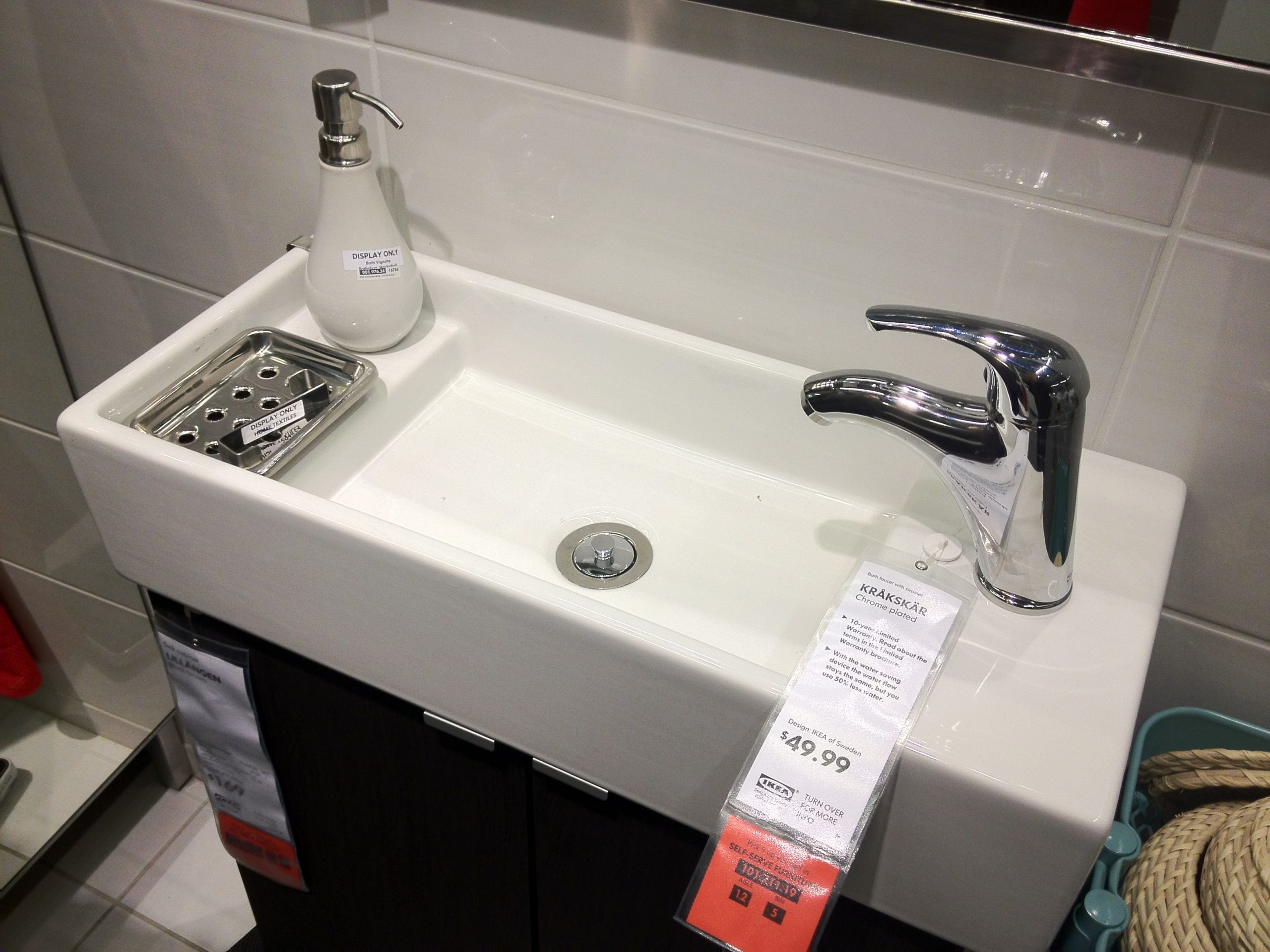PVC stands for polyvinyl chloride, a synthetic plastic polymer that is commonly used in a variety of products, including air mattresses. It is a versatile and inexpensive material that is known for its durability and resistance to moisture and chemicals.What is PVC?
Yes, PVC can be toxic. It is made from a combination of vinyl chloride and various chemicals, some of which have been linked to health concerns. These chemicals can leach out of the PVC and into the air or water, especially when the material is heated or exposed to sunlight.Is PVC toxic?
It depends on the materials used to make the air mattress. While not all air mattresses are toxic, many of them are made with PVC. This means that they may contain harmful chemicals that can be released into the air and potentially cause health problems.Are air mattresses toxic?
PVC contains a number of chemicals, including vinyl chloride, phthalates, lead, cadmium, and organotins. These chemicals can be harmful to both humans and the environment. Phthalates, in particular, are known to disrupt hormone functioning and have been linked to reproductive issues and developmental problems in children.What chemicals are in PVC?
The production and disposal of PVC can have a significant impact on the environment. The manufacturing process releases toxic chemicals into the air and water, contributing to air and water pollution. When PVC products are disposed of, they can release harmful chemicals into the soil and water, contaminating ecosystems and harming wildlife.How does PVC affect the environment?
There are several alternatives to PVC that are safer for both human health and the environment. These include natural materials such as organic cotton, wool, and natural rubber, as well as synthetic materials like polyethylene and polyurethane. Look for air mattresses made with these materials as a safer option.What are the alternatives to PVC?
Check the label or packaging of your air mattress to see if it mentions PVC as a material. You can also look for the recycling symbol with the number 3, which indicates that the product is made with PVC. If you are unsure, you can also try contacting the manufacturer directly to ask about the materials used in their air mattresses.How can I tell if my air mattress is made of PVC?
Sleeping on a PVC air mattress can expose you to harmful chemicals, which can have negative effects on your health. These can include respiratory issues, skin irritation, and even more serious conditions like cancer and reproductive problems. It is especially important to avoid sleeping on a PVC air mattress if you are pregnant or have young children.What are the health risks of sleeping on a PVC air mattress?
Due to the harmful chemicals found in PVC, it is important to dispose of your air mattress safely and responsibly. Check with your local waste management facility to see if they accept PVC products for recycling. If not, consider donating the air mattress to a secondhand store or repurposing it for another use.How can I safely dispose of a PVC air mattress?
While there are currently no specific regulations for the use of PVC in air mattresses, there are laws and regulations in place for the production and disposal of this material. In addition, some companies have voluntarily stopped using PVC in their products due to the potential health and environmental risks. Look for air mattress brands that prioritize using safe and sustainable materials.What are the regulations for PVC use in air mattresses?
How PVC Air Mattresses Can be Harmful to Your Health
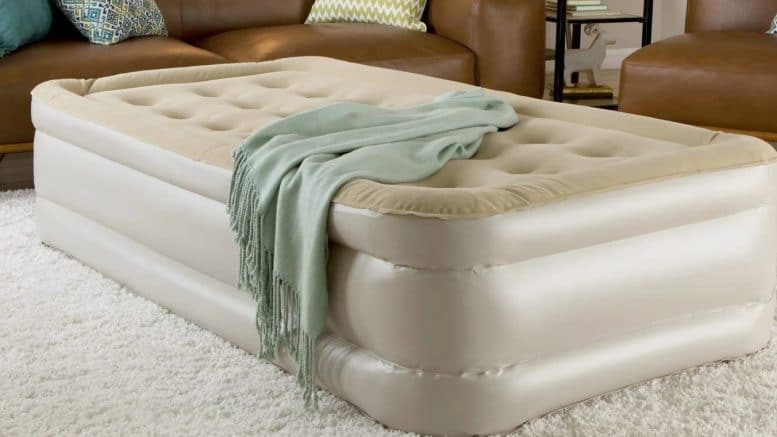
The Popularity of PVC Air Mattresses
 In today's fast-paced world, convenience and portability are highly valued. This is especially true when it comes to home design and furniture. One of the most popular and convenient furniture pieces is the PVC air mattress, also known as an inflatable mattress. These mattresses are lightweight, easy to store, and can be quickly inflated for use. They have become a staple in many households, especially for those who frequently host guests or have limited space.
In today's fast-paced world, convenience and portability are highly valued. This is especially true when it comes to home design and furniture. One of the most popular and convenient furniture pieces is the PVC air mattress, also known as an inflatable mattress. These mattresses are lightweight, easy to store, and can be quickly inflated for use. They have become a staple in many households, especially for those who frequently host guests or have limited space.
The Potential Toxicity of PVC Air Mattresses
 While PVC air mattresses may seem like the perfect solution for temporary bedding, they may also pose a potential health risk. PVC, or polyvinyl chloride, is a type of plastic that is commonly used in the production of air mattresses. However, this material can release harmful chemicals, such as phthalates and volatile organic compounds (VOCs), into the air. These can be inhaled or absorbed through the skin, leading to various health issues.
Phthalates
are commonly used as plasticizers in PVC to make it more flexible. However, these chemicals have been linked to reproductive and developmental issues, as well as respiratory problems.
VOCs
are released as gases from certain materials, including PVC, and can cause irritation to the eyes, nose, and throat, as well as headaches and nausea.
While PVC air mattresses may seem like the perfect solution for temporary bedding, they may also pose a potential health risk. PVC, or polyvinyl chloride, is a type of plastic that is commonly used in the production of air mattresses. However, this material can release harmful chemicals, such as phthalates and volatile organic compounds (VOCs), into the air. These can be inhaled or absorbed through the skin, leading to various health issues.
Phthalates
are commonly used as plasticizers in PVC to make it more flexible. However, these chemicals have been linked to reproductive and developmental issues, as well as respiratory problems.
VOCs
are released as gases from certain materials, including PVC, and can cause irritation to the eyes, nose, and throat, as well as headaches and nausea.
The Dangers of Long-Term Exposure
 While using a PVC air mattress for a short period of time may not cause any significant harm, repeated and prolonged exposure to these chemicals can have detrimental effects. This is especially concerning for individuals who use PVC air mattresses as their primary sleeping surface or for extended periods, such as while camping or traveling.
While using a PVC air mattress for a short period of time may not cause any significant harm, repeated and prolonged exposure to these chemicals can have detrimental effects. This is especially concerning for individuals who use PVC air mattresses as their primary sleeping surface or for extended periods, such as while camping or traveling.
Alternatives to PVC Air Mattresses
 Fortunately, there are alternatives to PVC air mattresses that are not only safer for your health but also more environmentally friendly. One option is natural rubber or latex mattresses, which are made from the sap of rubber trees and do not contain any harmful chemicals. Another option is memory foam mattresses, which are made from polyurethane foam and may have a lower VOC content compared to PVC.
Fortunately, there are alternatives to PVC air mattresses that are not only safer for your health but also more environmentally friendly. One option is natural rubber or latex mattresses, which are made from the sap of rubber trees and do not contain any harmful chemicals. Another option is memory foam mattresses, which are made from polyurethane foam and may have a lower VOC content compared to PVC.
Conclusion
 While PVC air mattresses may seem like a convenient and cost-effective solution, they may come at a cost to your health. With the potential release of harmful chemicals, it is important to carefully consider the materials used in your furniture and opt for safer alternatives. Your health and well-being should always come first, and choosing non-toxic options is a simple step towards a healthier home.
While PVC air mattresses may seem like a convenient and cost-effective solution, they may come at a cost to your health. With the potential release of harmful chemicals, it is important to carefully consider the materials used in your furniture and opt for safer alternatives. Your health and well-being should always come first, and choosing non-toxic options is a simple step towards a healthier home.



